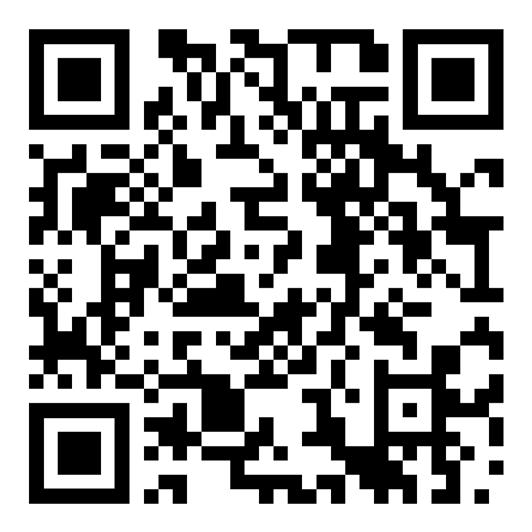




Have you ever seen a puzzle like this? Probably not, so this is a once-in-a-lifetime opportunity to complete this challenge. Your task is to find these terms related to the economy below in the special dollar-shaped figure. Pay attention, words can be hidden horizontally, vertically, and diagonally in any direction! If you found all of them, you can read the remaining letters line by line to get the punchline of the joke.
ACCOUNTING
ASSET
EQUITY EXCHANGE
INCOME
INDEX

EDITOR IN CHIEF: PUBLISHER: PROOFREADING, TRANSLATOR: TYPESETTING:
DESIGN:
Muzsai Fanni
Nagy Anna Dorottya
Panker Richárd
Orbán Hédi Viola
Hutka Lili Mandula
Kvanduk Anna
Frikker Gabriella
Gál Eszter
Khanh An Hoang
Layla Gaziyeva
Mirzoboboev Mirzobakhtiyor
Muhari Brigitta
Nagy Anett
Orbán Hédi Viola
Pásztói Vera
Szabó Jázmin
Veres Máté
International Office

SUPPORT:
The official magazine of the Faculty of Economics’s Student Union of Eötvös Loránd University
Press
CC Printing Kft.

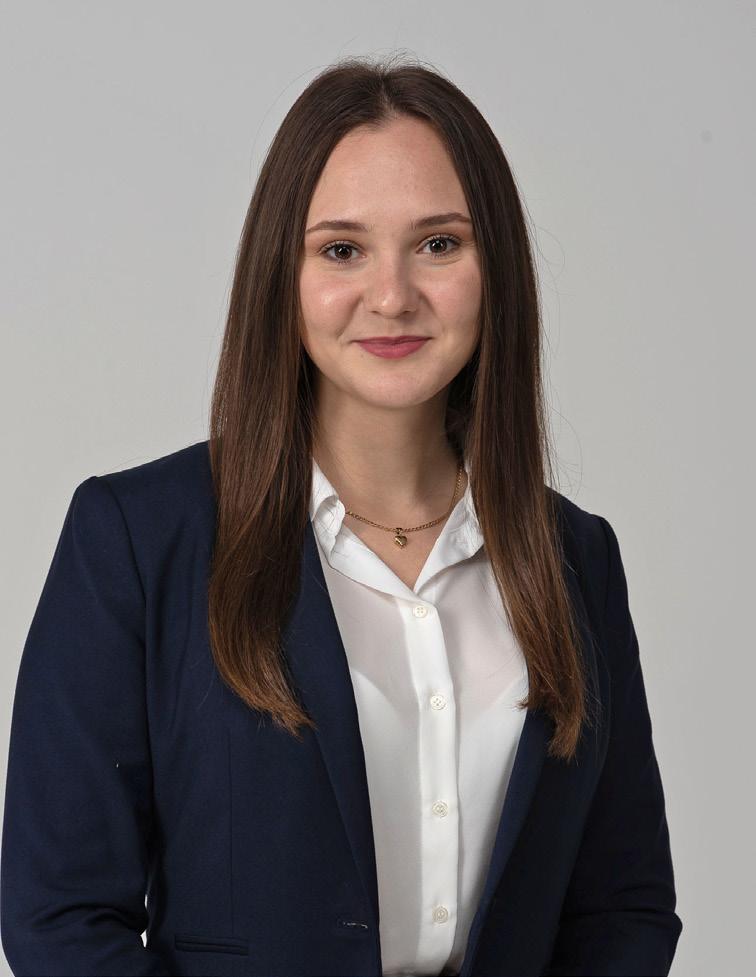
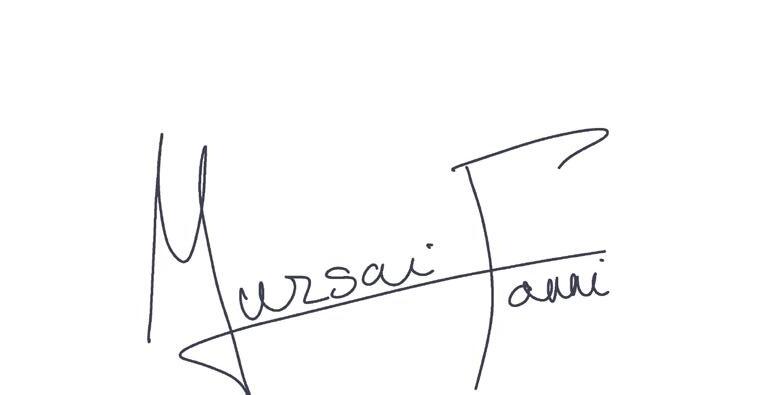
Muzsai Fanni GTK Story’s Editor in Chief
Dear Reader,
I am delighted that you are holding the first English edition of GTK Story magazine in your hands. I hope that with this special issue, we can bring Hungarian and international students even closer together. We have aimed to prepare articles that are not only entertaining but also contain extraordinary stories.
In this issue, alongside our Hungarian journalists, some of our international students also had the opportunity to share their thoughts and experiences with us over a few pages. Through their perspectives, we can learn about the cultural differences they face daily, how they cope with homesickness, and why they chose Hungary as their destination.
In short, these are topics that I might not have encountered without this magazine. I trust that you will enjoy reading these stories as much as I have and that they will provide you with lasting experiences.
Enjoy the magazine!
©Layla Gaziyeva
Unfortunately, adapting to life in a new city is never smooth and is full of challenges. As an international student embarking on an exciting journey in Hungary, be ready for a rollercoaster ride of cultural shocks, funny (and not-so-funny) language mishaps, and unforgettable adventures. In this article, I would like to share some difficulties I faced as an international student in Budapest and the fastest and most efficient ways to overcome these difficulties with a smile on your face and a pálinka in your hand (if that’s your thing).

Picture this: it’s a lazy Sunday afternoon, and you suddenly realize you’re out of essentials like milk and bread. No problem, you think, I’ll just go down to the corner store. Except, in Hungary, that corner store closed hours ago, leaving you with nothing but empty shelves and a grumbling stomach. I had never experienced this before moving to Hungary because, in my home country, Azerbaijan, not just smaller stores but also some supermarkets work 24/7 on weekdays, weekends, and national holidays. What’s my solution? Stock up on groceries and clothes in advance, mark the calendar with holiday closures, and embrace the mindset of planning ahead, as it will not only help you to stay full but also help you in the long run. Also, keep in mind that small stores like Manna ABC usually work on holidays; however, they have much fewer choices at higher prices compared to bigger grocery stores like Aldi and Lidl.
Many of my international friends and colleagues have shared their struggles with making Hungarian friends. At first sight, Hungarians might seem cold and hard to approach, especially compared to warmer Southern European nations like Italy or Spain. However, from my experience, making Hungarian friends is totally doable and highly recommended! So, where to begin? My first advice: start drinking pálinka! My second advice is to immerse yourself in student clubs, attend language exchange meet-ups, or simply start conversations with your classmates. Don’t be afraid of using the Hungarian language – a smile and a genuine interest in learning about the local culture can go a long way! Once you get closer and become good friends with Hungarians, they open up and become extremely kind, warm, and loyal. Remember that the best way to get to know a city is by experiencing it with your local friends!

As if navigating the labyrinth of Hungarian grammar wasn’t challenging enough, now you find yourself struggling with finding an English-speaking doctor at the local public hospital in Budapest. Don’t worry; Google Translate and the good old game of charades are your new best friends. Just remember to double-check those translations before you agree to anything too drastic. Jokes aside, I advise asking your Hungarian friend to go to a doctor’s appointment with you or find a private hospital with English-speaking staff, especially if the medical issue requires a more severe examination or long-term treatment.
From missing mom’s cooking to being unable to spend time with your closest friends, it’s natural to feel homesick once you are away from home. But fear not - there are remedies to soothe even the most acute homesickness. Search for fellow international students who share your longing for a taste of home, experiment with recreating your favorite dishes in the comfort of your dorm kitchen, and remember that a Facetime session with loved ones can work wonders for the soul.

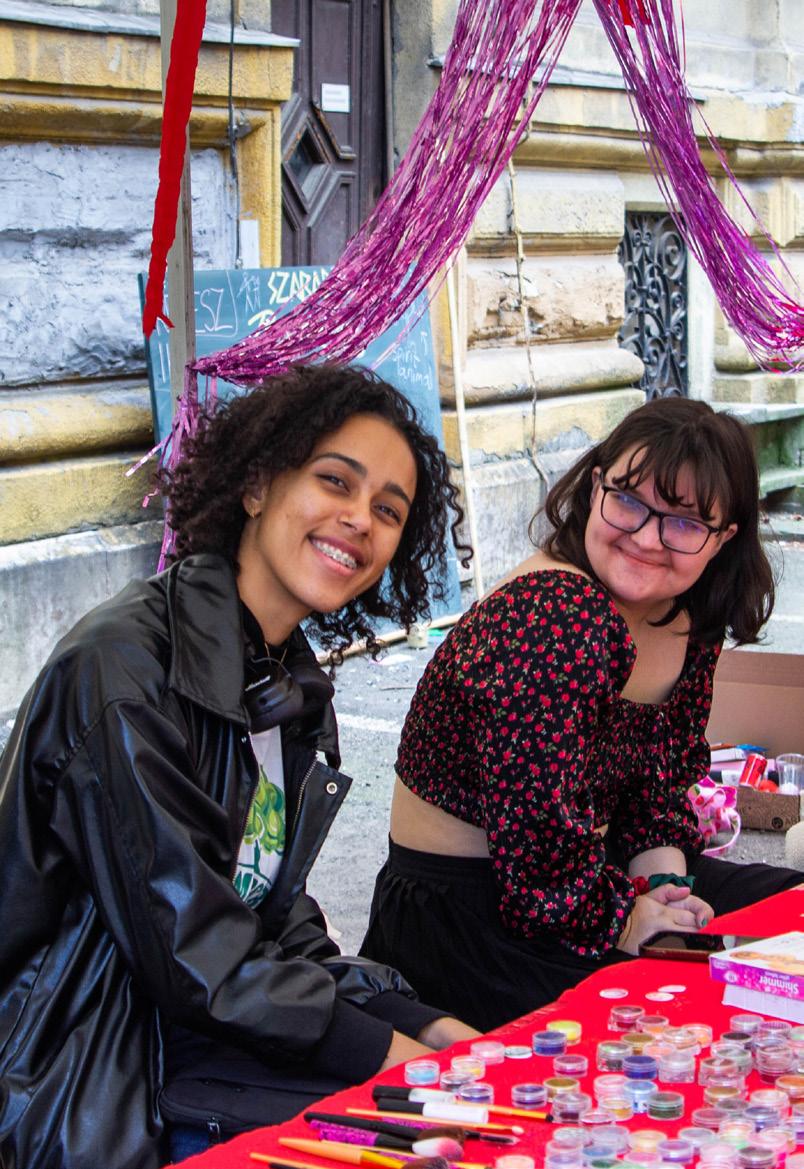
Are you struggling to find your dream job as an international student in Hungary? Don’t give up! While securing a job as an international student may present its share of obstacles, it’s not impossible. Ask around about the job offerings by expanding your network and reaching out to your friends and professors, go to Job fairs and Career-related events organized by the Faculty of Economics at ELTE, and use websites such as LinkedIn, Profession.hu and Zyntern.com to search for open positions and remember, each rejection is a learning opportunity –so keep applying, refine your approach, and strive towards your professional goals. I hope this article either made you smile as you could relate to some challenges you experienced in Hungary or helped you prepare for some upcoming difficulties you might face as an international student in Budapest and other Hungarian cities! Growth is discomfort, so try to embrace the student life with open arms and have fun by overcoming the challenges along the way. Hajrá!
ELTE is a community of students and teachers, where all university citizens can work in a modern and supportive community. But this requires appropriate representation. This is the role of the Student Self-Government, or HÖK, which is made up of students who work tirelessly to support the integration of their fellow students, help them find solutions to their academic problems and provide them with the most relevant information. In this article you can find out how you can become part of this community as a student abroad!
The Student Union works in close collaboration with the leadership of our faculty. Their activities include handling and resolving arising problems, helping integrate new students, and shaping and passing on the traditions and image of the Faculty of Economics. The Student Union’s Executive Board consists of the President, Vice President, deputy vice presidents, and the representatives and coordinators who support their work.
The Foreign Affairs Committee is tasked with establishing and managing international relations. Its members care for incoming and outgoing students, are responsible for mobility programs, and facilitate the integration of international students into the ELTE environment. The Foreign Affairs Committee of the university, which represents the entire institution, has the authority to decide on the use of funds allocated for foreign affairs in the budget and organizes information related to international scholarships. It also maintains continuous contact with the individuals responsible for foreign affairs in the smaller self-governments. At our faculty, international and outgoing Hungarian students are assisted by the Foreign Affairs deputy vice president and the representative responsible for foreign affairs. Incoming students can contact them with questions at the following email addresses:
kulugy@gtkhok.elte.hu
kulfugyek@gtkhok.elte.hu
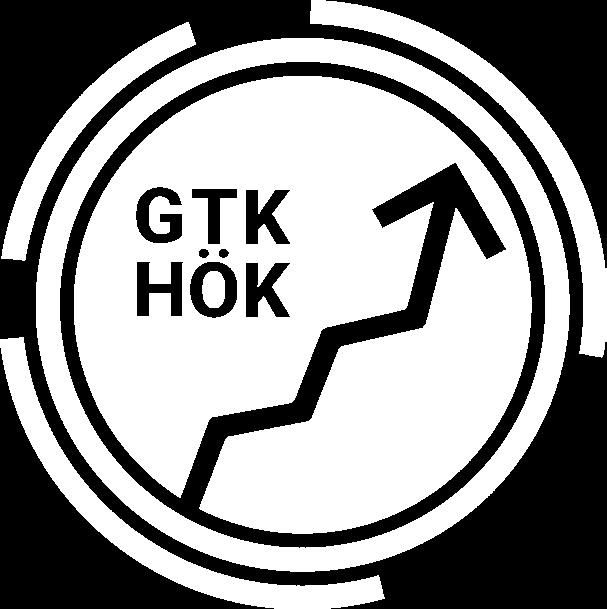
At ELTE, education, research, and organizational development are all influenced by an international mindset and strategy. While there is a focus on enhancing the foreign language proficiency of Hungarian students, the university’s leadership also places great emphasis on supporting incoming international students. The goal is to „internationalize” Hungarian-language courses, increase the number of courses conducted solely in English, start English-language study groups, facilitate international experiences and networking for instructors, and encourage students to participate in international mobility programs. To achieve these goals, ELTE consciously builds its international partnership network, providing students with a broader perspective and supporting their future success in the job market. It also supports instructors in creating a diverse and inspiring professional environment.
Currently, around 10% of ELTE students are international students, so it is increasingly important for the university to focus not only on general integration but also on establishing formal representation in various organizations. The newly established International Student Advisory Committee aims to allow international students to represent themselves more effectively and share their experiences to help other students from international backgrounds. They also consider it an important task to bring Hungarian and international students closer together through various programs and listen to questions and provide useful advice to help them integrate into a new country and a new university. You can contact the committee members with any questions or ideas at their official email address, or you can meet them in person at the designated working hours listed on the website at Egyetem tér 5.
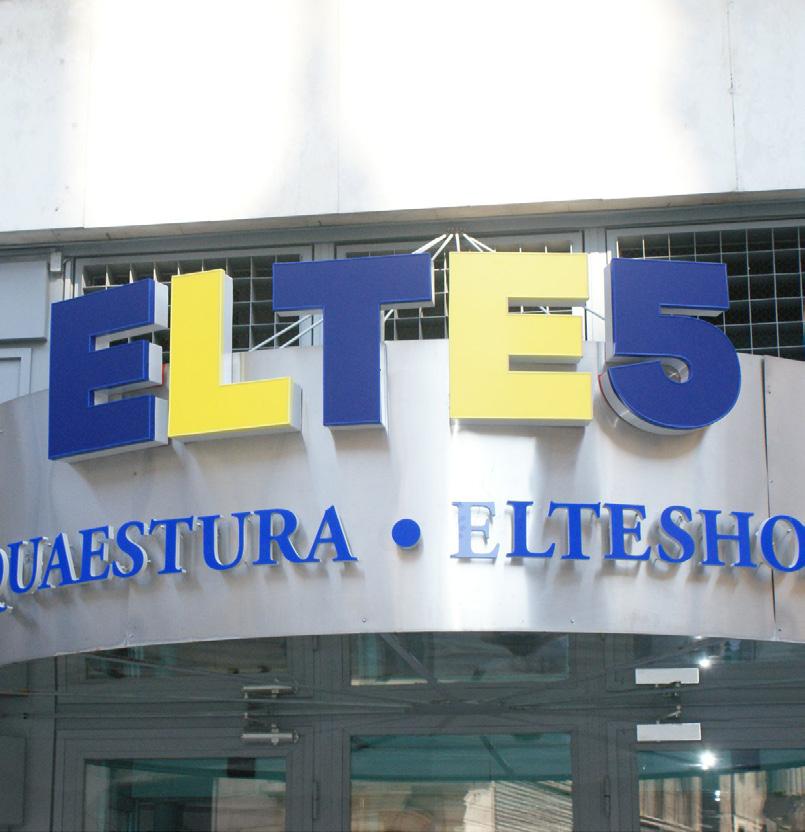
The EHÖK (ELTE Student Union) encourages initiatives that allow international students to participate in supporting their peers at the faculty level. Although international students previously did not have formal opportunities to become members of the ELTE Faculty of Economics Student Union, since 2023, they have been invited to participate in the Foreign Affairs Committee. In April 2024, a working group of 7-9 members will be established to allow international students to have a voice. This group will be a „member body” of the Foreign Affairs Committee, working independently with the support of the Foreign Affairs deputy vice president and the representative responsible for international student affairs to focus on solving issues specific to international students and make recommendations to the Student Union. These international students will thus become ambassadors for the ELTE Faculty of Economics Student Union, helping their peers based on their own experiences while understanding and supporting the organization’s operations. If you want to hear more about how to make the most of your time at ELTE Faculty of Economics, be sure to follow our official international Instagram page: @eltegtkhok. connect! We wish you successful and memorable studies at ELTE Faculty of Economics!

©Nagy Anett, Gál Eszter
Not so West, but not so East, not Nordic and not yet Balkan: Hungary is quite a unique place in Europe. Our history spans for more than a thousand years, and our culture is nearly as rich as our Gulyás-soup, as intricate as our traditional Matyó stitching, and as breathtaking as the first notes of any Hungarian folk song. It can be a great challenge to find the way along the many traditions of this country: this article would like to serve as a guide through this maze.
First and foremost: thank you but no, we are not hungry. Now that that is out of the way: welcome to Hungary! The home of the ethnical cauldron of the Carpathian region since the middle ages, the customs of a hundred different origins are hard to navigate. Our country might seem small, but it is filled with wonder. It is the home of many inventions, like the Rubik’s Cube, the ballpoint pen, the safety match, even the first computer. We have some of the greatest medical discoveries as well: like ascorbic acid and the importance of antiseptic procedures. In the medieval ages, there was a saying in all Europe: Sagittis Hungarorum Libera nos, Domine, meaning Save us from the arrows of the Hungarians, Lord! Of course, since those times we have become somewhat friendlier, more open to the world. As you arrive here, our culture might seem a bit hectic and hazy, but don’t worry. Here are some important bits and pieces of information you might like to know before diving into the streets of Budapest. To help you, here are some bits and pieces of information you might like to know before diving into the streets of Budapest.

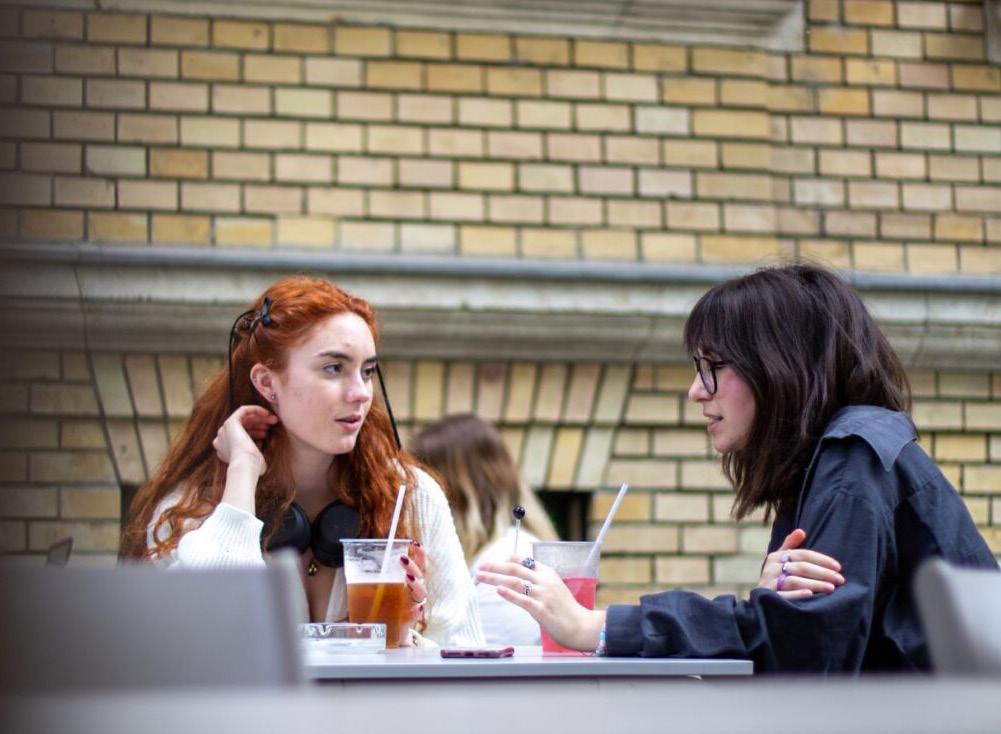
Even though only 16% of the total population speaks English, if you approach us with a kind smile and are willing to use your hands and play some Activity, then you will be good. We are usually amazed by anyone who knows even half a word in our language, so we have included a small collection of the most useful and easily pronounceable words. We might seem unfriendly from afar: it is not customary here to smile while you are walking down the street, but don’t fret: we don’t bite. Also, we don’t have the ‘How are you? Fine, and you?’ part in our conversations: most Hungarians find it dishonest and unnecessary. Be prepared if you ask a Hungarian about their day, they will take it as genuine curiosity, and they will tell every detail about it. In case you are invited to someone’s house, ALWAYS take off your shoes inside. Most probably you will be offered a cute pair of slippers to keep your feet warm. You might be invited for a round of drinks, most traditionally for a round of pálinka, which is a distilled spirit made from fruits only, with the most popular choices being apricot, plum, and sour cherry. If you would not like to drink, it is not a biggie; simply say no and ask for something else to toast with.
The local cuisine might not be for everyone’s taste: our meals can be quite…hearty, to speak lightly, and this has some historical roots. Traditionally, Hungarians made their living through agriculture, and having to work long hours out in the fields requires fatty and carbheavy dishes to keep you going. We like to top our foods with paprika, a hefty load, and after a good meal, one or two kupica, or shots of pálinka or Unicum can roll down to settle everything. (Sidenote: our shot is 0,5dcl, often called a feles, in English: a halfy) If you would like to make sure what you are eating is right for you, do not be afraid to ask about it in restaurants. The most common of these foods are stuffed cabbage (töltött káposzta), langosh (lángos), pörkölt (a kind of stew), fried meat or wiener schnitzel (rántott hús), and of course, chimney cake (kürtős kalács).
Did you know that it was not customary to toast with beer up until a few years ago? It has a historical reason: after the 1848/49 Revolution’s bloody end, the nation swore that we will not toast with beer for at least 150 years. In theory, this ban has been lifted, however you may see older generations still upholding this tradition.

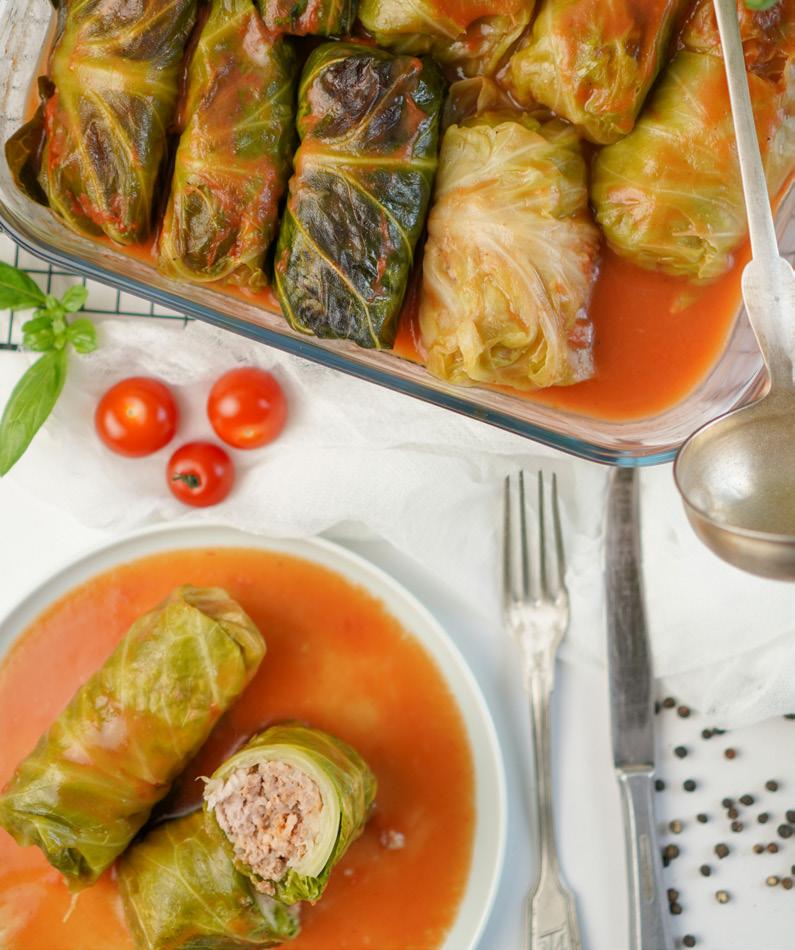
In most countries, poppy seeds count as opioids, but not here! We are the only nation in the European Union who has the rights to produce them. Although up to the 20th century, the tea of poppy seeds was used to put babies to sleep, sometimes a bit too efficiently, it is a staple in our cuisine. Poppy seeds are called “mák” in Hungarian, which is also a slang for luck. You can find many baked goods filled with mák in bakeries: mákos patkó, or poppy seed horseshoe, is one of the most sought-after ones. Another dessert, called mákos guba, made from kifli (curved bread-like pastry), milk, sugar, and poppy seeds, is often found in restaurants. Christmas is not complete without mákos bejgli, which is a poppy seed paste filled roll.
We are not lacking in the beverage department either: we have 22 wine regions, each and every one with better and better wines. Although our grapevines yield one of the best harvests in Europe, we like to drink their fruit a bit differently: on warm, sunny days we make fröccs out of it. This means that we mix wine and sparkling water together. It creates the perfect summer drink. There is a whole culture built around it, with different names for the different mixing ratios. We love our fröccs so much that it is regarded as one of our national symbols, a Hungarikum.
However, there is no other Hungarikum that we are as proud of as our language. We do not make it easy for foreigners: the Hungarian language certainly deserves a place in the Hall of Fame of the most difficult languages. Furthermore, it is nothing like any other tongue spoken in our region – the closest nation that speaks distantly similarly is the Finnish.
At the same time, our language also reflects our own way of thinking. We are sometimes seen as a slightly pessimistic people (do not worry, we think the same about ourselves) and there is a very simple example for this: while the British earn, the Americans make, the French win (gagner l’argen) and the Germans deserve money (Geld verdienen), the Hungarians search for/looking for it (keres). So, you can see it now, right?
But do not worry, when it comes to our phrases and idioms, we can actually be quite fun. Can you guess the meaning of „God’s zoo is big”? While we can be pretty creative in swearing and insulting others, this is a sophisticated way of calling someone an idiot. However, if someone is offended, but everyone heard that he/she was the one who provoked, their friends can try to ease the situation by saying „you went to their house for this”. But of course if their argument is just unnecessary drama, we just wave in resignation and say „storm in the potty”.
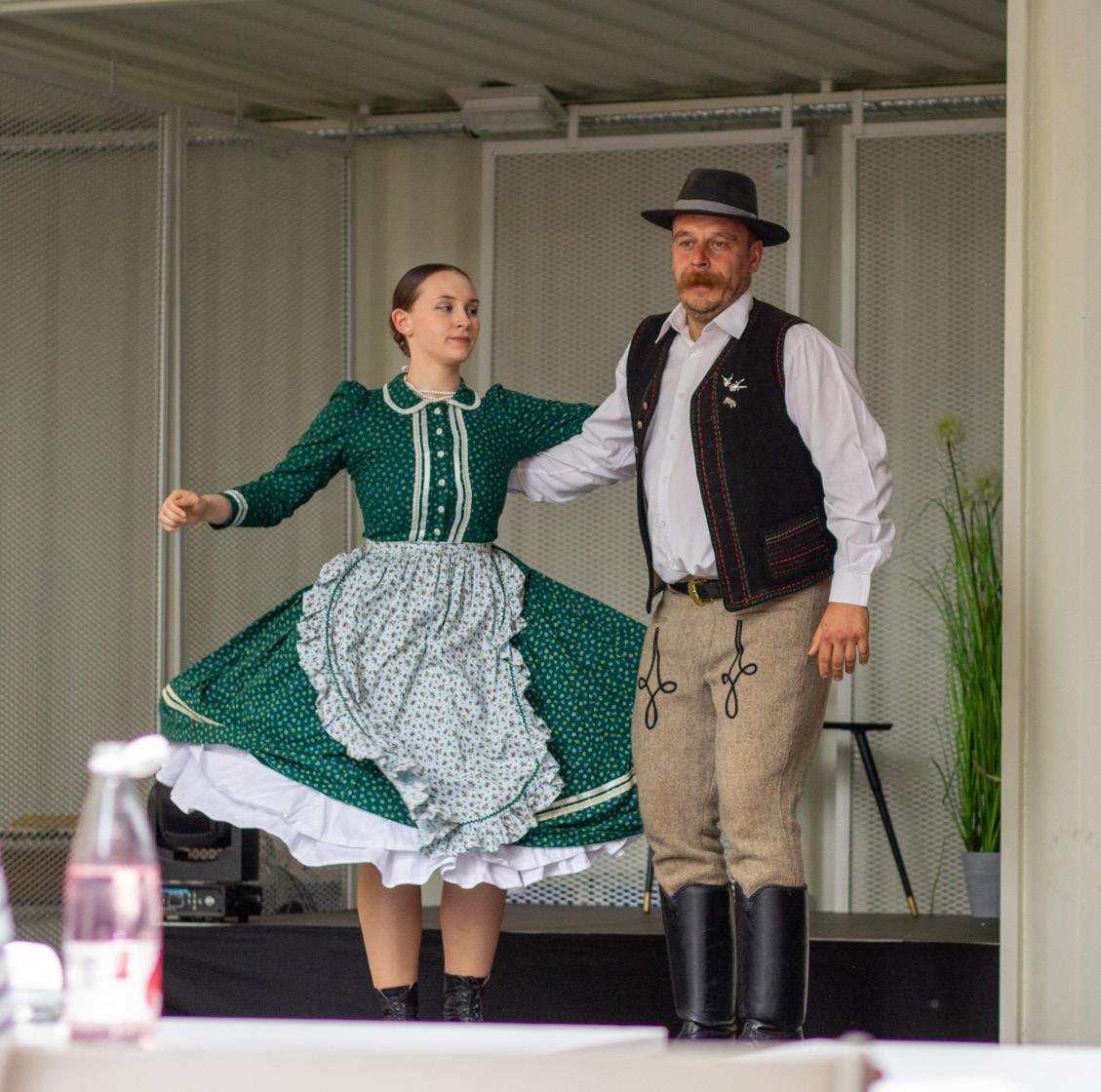

When someone comes back from their annual check-up, we do not ask them what the doctor said, instead we ask them if they can still buy long-life milk. During family dinners we do not say „the food is too salty”, instead we say „the cook is in love”, because while they were cooking, they didn’t pay much attention to the food, since „they were thinking of their love”. Also, when we hear something really surprising, we lean back a little bit, right? That is why we say in this situation that „I’m about to present a bridge exercise!”, as if we were all professional gymnasts. And when we come up with a very clever, even cunning solution, we say „Sew a button on this!”.
In our language, we have at least three different ways of saying that something (for example a car) is not working: „it said Thursday”, „it threw in the towel” and of course, „it handed in the key”. You have enough of all these broken things? Well, then „your snow shoe is full”. And if you want to finally get to the point, even if it is unpleasant, just say „let’s see the bear”.
Maybe we are just guessing, but instead of this, we say we are making a decision „like a belly punch”, and if there is a chance for something - not necessarily a positive way - then we say „it’s in the deck of cards”. Moreover, we do not use „common sense”, instead we thinking with a „sensible peasant mind”.
All this may seem complicated, but we believe that it is „tastes and slaps”, that is, a matter of taste, because we love our unique, strange and sometimes a bit weird language. These are only a few of our sayings, while we could list our colourful expressions for days.
So last, but not least, do not forget „BÚÉK!”, the shorter version of „Happy New Year!” (“Boldog Új Évet Kívánok!”) in Hungarian, because we have to prepare you: if you are spending New Year’s Eve in Hungary, no matter what kind of big party you are at, you can almost be certain that everyone will stop at midnight to sing our slow, slightly mournful anthem with champagne in hand… Then, as if nothing has happened, the celebrations will continue until dawn. See? We might be a bit weird - but therein lies our charm.
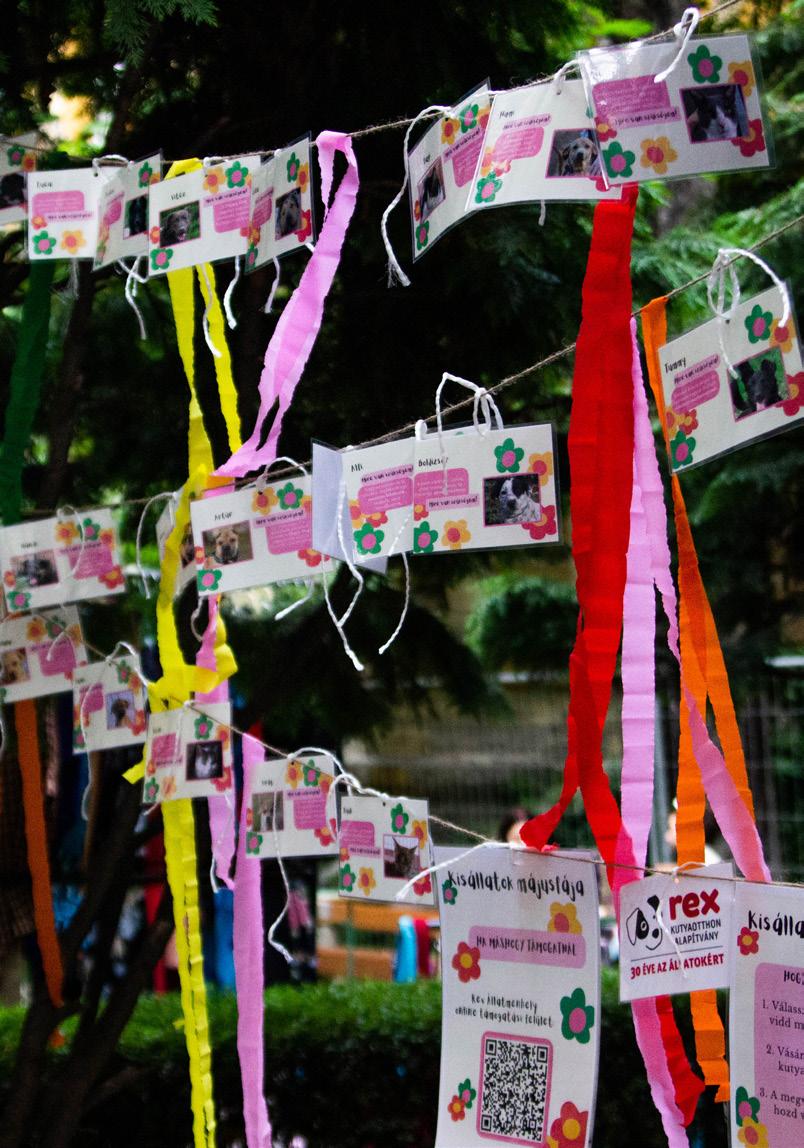
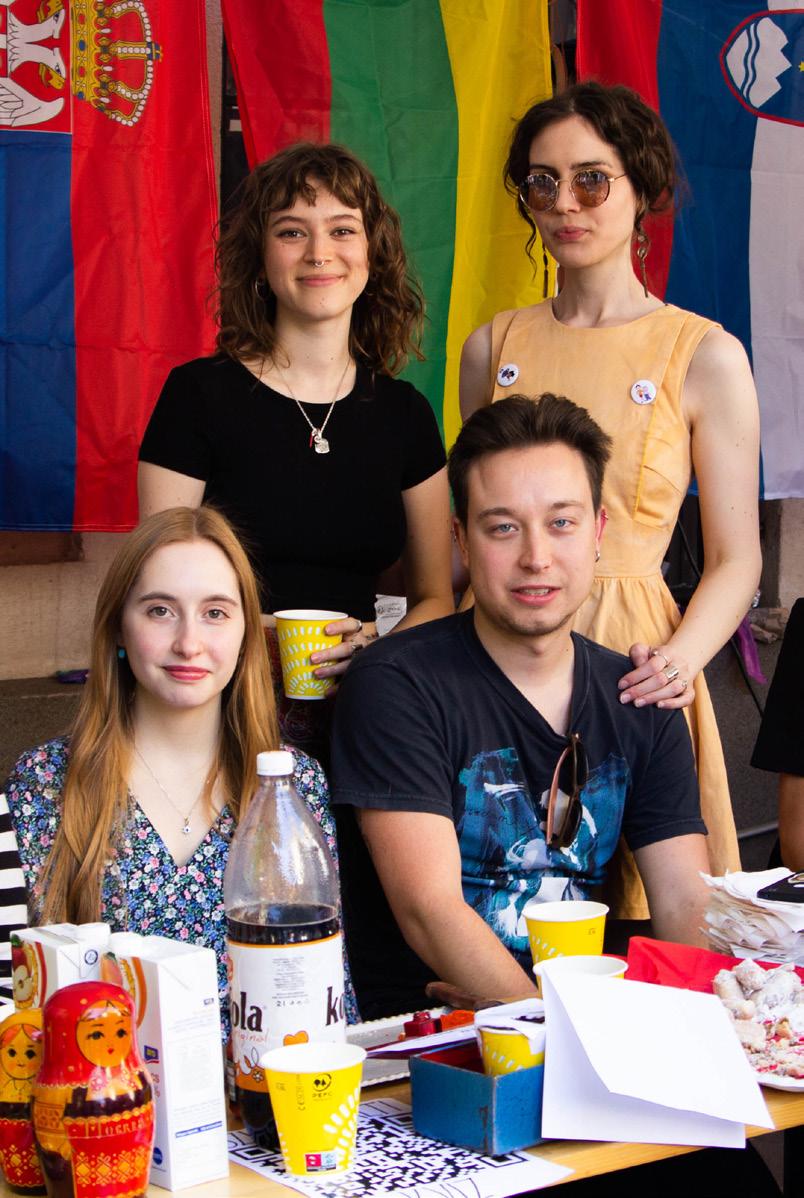
Szia! - This informal greeting may sound like „See you!” in English, but it can actually be both a greeting and a goodbye. In Hungary, we shake hands during introductions (as a rule, the woman shakes hands with the man, the older one with the younger one), however, when it comes to close friendships, two men shake hands, two women kiss each other on both sides of their cheek (mostly in the air, of course), or a woman may take the initiative to greet a man with two kisses. In addition, hugging is always an option for everyone. Egészségedre! – We use this phrase in two different situations: when someone sneezes (that would be „Bless you!” in English) or when toasting with a drink (for example with pálinka or fröccs, we mentioned above). Of course, if several people are toasting at the same time, it is not easy to conjugate this quite complicated word (the plural form is „Egészségetekre!”), so in Hungarian slang sometimes we use the abbreviation „Egi!”.

You are already familiar with our character, our food and our language, but you are probably also wondering what you should know about our Campus. First of all, our university, ELTE, has many campuses (like the Faculty of Science or Faculty of Education and Psychology) and dormitories all over Budapest. As a result, almost the entire city is the campus of the university. But we should start from our main building, shall we?
Our Campus, Faculty of Economics is located in Trefort Garden (Trefort-kert), near Astoria and Rákóczi Avenue (Rákóczi út). Here you can find Könyvtár Klub (in English Library Club), which is a lively bar. It has outdoor and indoor seating as well, and offers both beverages and some simple foods. If you left Trefort Garden, on the other side of Múzeum Boulevard (Múzeum körút), there are plenty of bookshops and antiquarian bookshops. On Rákóczi Avenue, you will find a few more large bookshops, but this row is dominated by old books and rare treasures. Although it is difficult to find books in English here, there are plenty of them in some of the shops. If you turn to the right to Ferenczy István Street (Ferenczy István utca), you will find the beautiful and fabulous Károlyi Garden (Károlyi-kert). Just enjoy the sunshine or the shadow of the huge trees, while studying, relaxing or even exploring the winding little paths. Walk through the Károlyi Garden and you will get to the Egyetem Square (Egyetem tér) via Henszlmann Street (Henszlmann utca). Here you can find several restaurants, like one of our favorites, the Irish-style Billy’s Pub. However, if you are brave enough to go a little further away, within a 10-minute walk you can discover the exciting restaurants and bars of Gozsdu Courtyard (Gozsdu udvar). As the entertainment quarter of the downtown, here you can discover several gastronomic and cultural attractions, so if you are looking for a night out, you should visit this place with your friends.
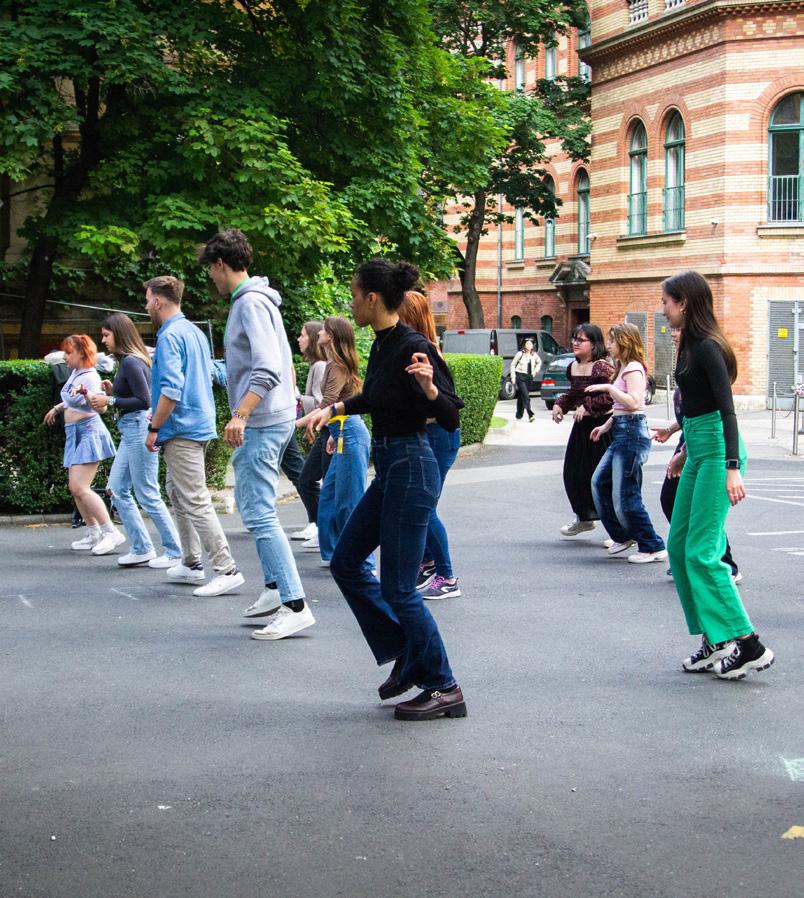
Nevertheless, if you are looking for a quieter way to relax, ELTE Botanical Garden (ELTE Füvészkert) is just 20 minutes away from our Campus by public transportation. It is one of the city’s hidden treasures, where you can explore countless amazing plants all year round in its greenhouses, as well as Budapest’s largest water lilies, which can hold the weight of a child. In April, you can also enjoy the Japanese cherry blossoms in this fabulous garden: ELTE has a family picnic for students every year, where you can also invite your friends. Although, there is another place to admire these beautiful cherry blossoms: Budapest Zoo & Botanical Garden (Fővárosi Állat és Növénykert) has a Japanese Garden with Japanese cherry blossoms, with water components and small bridges, as well as stone lanterns and acacia flowers. If you want to visit the Japanese Garden, you have to buy a ticket for the whole Zoo, but if you want to visit it more than once – for example for reading, meditating or just relaxing –, you should consider the season ticket. This option allows you to visit the garden at any time, 365 days a year.
As you can see, Budapest has many faces and a different vibe in every season as well. We are proud of our city and our culture, so we’re delighted to have been able to take you on this journey in this short summary. We are glad you are here!
©Mirzobakhtiyor Mirzoboboev
“Always work on your dreams, no matter how hard it is, just keep going, and one day you will definitely succeed.”
As a child, I often found solace in my dreams. Amidst the chaos of life, they provided a sanctuary where anything was possible. I dreamed of exploring distant lands, of immersing myself in new cultures, and of pursuing an education that would expand my horizons beyond the confines of my upbringing. However, the path to realizing these dreams was not without challenges.
Growing up, my family faced financial hardships that often seemed insurmountable. With limited resources, the idea of studying abroad felt like a distant fantasy. Yet, even in the face of adversity, the flame of ambition burned brightly within me. I was determined to overcome the obstacles that stood in the way of my aspirations.
Despite the challenges, I remained steadfast in my pursuit of academic excellence. I poured myself into my studies, driven by a relentless desire to create a better future for myself. With each passing day, my dream of studying abroad grew stronger, serving as a beacon of hope during the darkest of times.
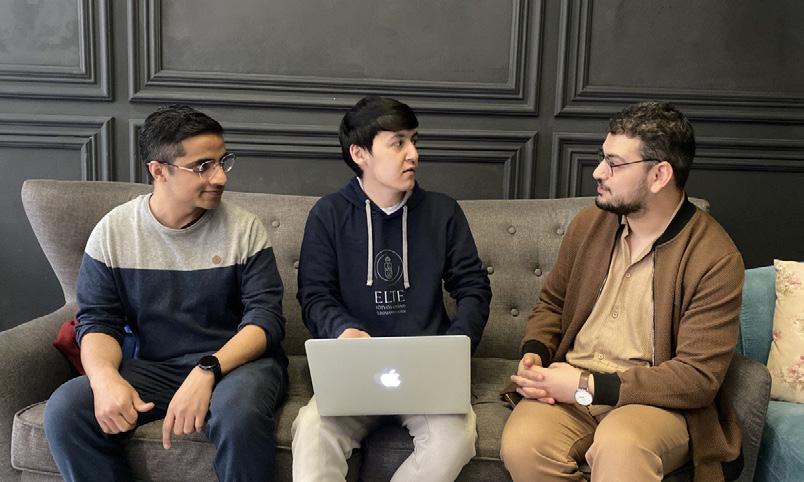
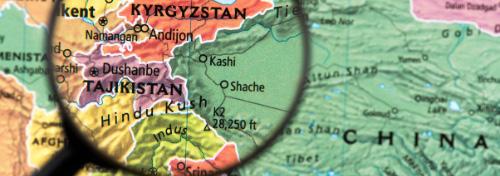
So, let me introduce myself, my name is Mirzobakhtiyor, I was born in Tajikistan, but now I live and study in Croatia, I am third-year student of International business in the Faculty of Economy, and in this article I decided to share my experience, academic enrichment, personal growth, cultural immersion, why did I choose Hungary? What is it like to be an international student? What difficulties can international student face while studying abroad? And my childhood ambition that came true after 8 years of dreaming.
Today, as I reflect on my journey from childhood dreams to overseas adventures, I am filled with gratitude for the opportunities that have come my way. I am proof that with hard work, perseverance, and a steadfast belief in oneself, even the most seemingly impossible dreams can become a reality.
Advice: to all those who dare to dream, who refuse to be defined by their circumstances, I say this: never give up! Your dreams may seem out of reach, but with faith and perseverance, anything is possible. Believe in yourself, and the world will open its doors to you in ways you never thought possible!
The journey to becoming a finalist of the Central European Exchange Program for University Studies (CEEPUS) at Eötvös Loránd University (ELTE) in Hungary was a culmination of perseverance, passion, and a relentless pursuit of academic excellence.
It all began with a simple yet profound desire to broaden my horizons and immerse myself in a new cultural and academic environment. As a student filled with curiosity and a thirst for knowledge, I yearned for an opportunity to explore the world beyond the borders of my own country.
When I stumbled upon the CEEPUS program, it felt like fate had intervened. Here was a chance to not only study abroad but also to engage with scholars and students from diverse backgrounds, fostering a rich exchange of ideas and experiences. It was an opportunity too precious to ignore.
With determination and enthusiasm, I embarked on the rigorous application process. Countless hours were spent meticulously crafting essays, gathering letters of recommendation, and ensuring that every detail of my application reflected my unwavering commitment to academic excellence.
The waiting period was nerve-wracking, full of anticipation and anxiety. Would my efforts be enough? Would I be granted the opportunity to pursue my dreams in Hungary? These questions weighed heavily on my mind as I awaited the results of the selection process.
Then, one fateful day, the news arrived – I had been selected as a finalist for the CEEPUS program at ELTE University. It was a moment of sheer elation, a validation of years of hard work and dedication. Tears of joy streamed down my face as I realized that my dreams were finally within reach.
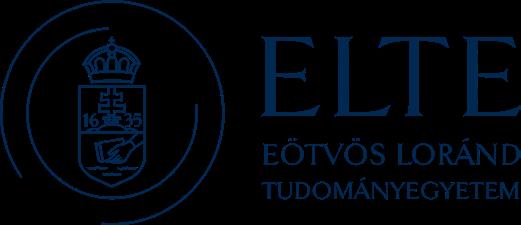
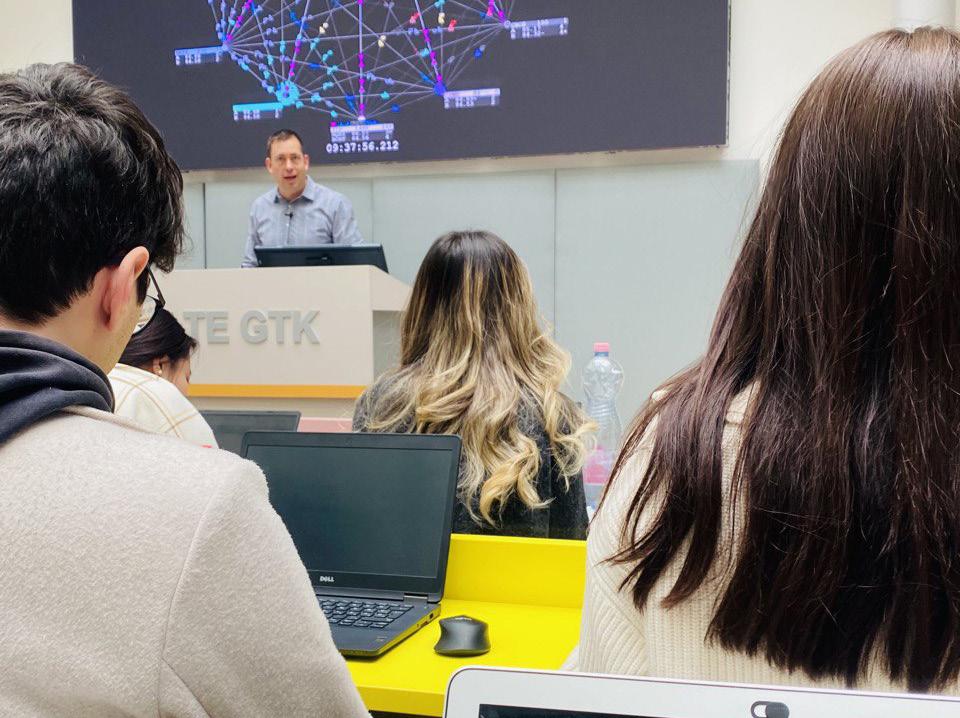
The journey to Hungary was nothing short of transformative. Stepping foot on the grounds of ELTE University, I was greeted with a sense of awe and wonder. The historic buildings and bustling campus served as a backdrop for the incredible experiences that awaited me.
From engaging lectures to spirited debates,projects, seminars, workshops every moment spent at ELTE was a testament to the power of academic exchange. I found myself surrounded by brilliant minds from across the globe, each bringing their own unique perspective to the table. It was a melting pot of ideas, where boundaries blurred and knowledge flowed freely.
Perhaps the most significant impact of my CEEPUS program experience lies in the profound personal and professional growth it catalyzed. Through the program’s emphasis on independent research, critical thinking, and academic rigor, I honed essential skills that have proven invaluable in my subsequent academic and professional endeavors. Moreover, the program instilled in me a sense of intellectual curiosity, a passion for lifelong learning, and a commitment to global citizenship that continues to guide my academic and personal pursuits.
As I reflect on the success story of my CEEPUS program journey at ELTE University, I am filled with an overwhelming sense of gratitude for the opportunities it has given me. The program not only broadened my academic horizons but also enriched my life in ways that transcend the realm of academia.
Beyond the academic realm, my time in ELTE allowed me to immerse myself in Hungarian culture, fostering a deeper appreciation for diversity and interconnectedness. The rich history, vibrant traditions, and warm hospitality of the locals created a welcoming atmosphere that made my stay truly memorable.
Participating in cultural exchange events organized by the university and the local community exposed me to traditional Hungarian music, dance, and cuisine. These experiences not only enriched my understanding of the host culture but also created lasting friendships with both local and international students.
Where and how far can we go without friends?
The answer is “no where”, because the most enriching aspect of life is friendships forged along the way. One of the most profound aspects of having international friends is the opportunity to learn about different cultures firsthand. Through conversations, shared experiences, and cultural exchanges, I have gained insights into traditions, customs, and ways of life that I would never have encountered otherwise. Whether it’s celebrating festivals, trying new foods, or learning about unique customs, each interaction deepens my understanding and appreciation for the richness of human diversity.From late-night study sessions to weekend adventures exploring the streets of Budapest, I formed bonds that transcended language and culture. I still remember together, we laughed, we learned, we cooked, we had party, and we grew in ways that would shape us for years to come and I can’t forget it.

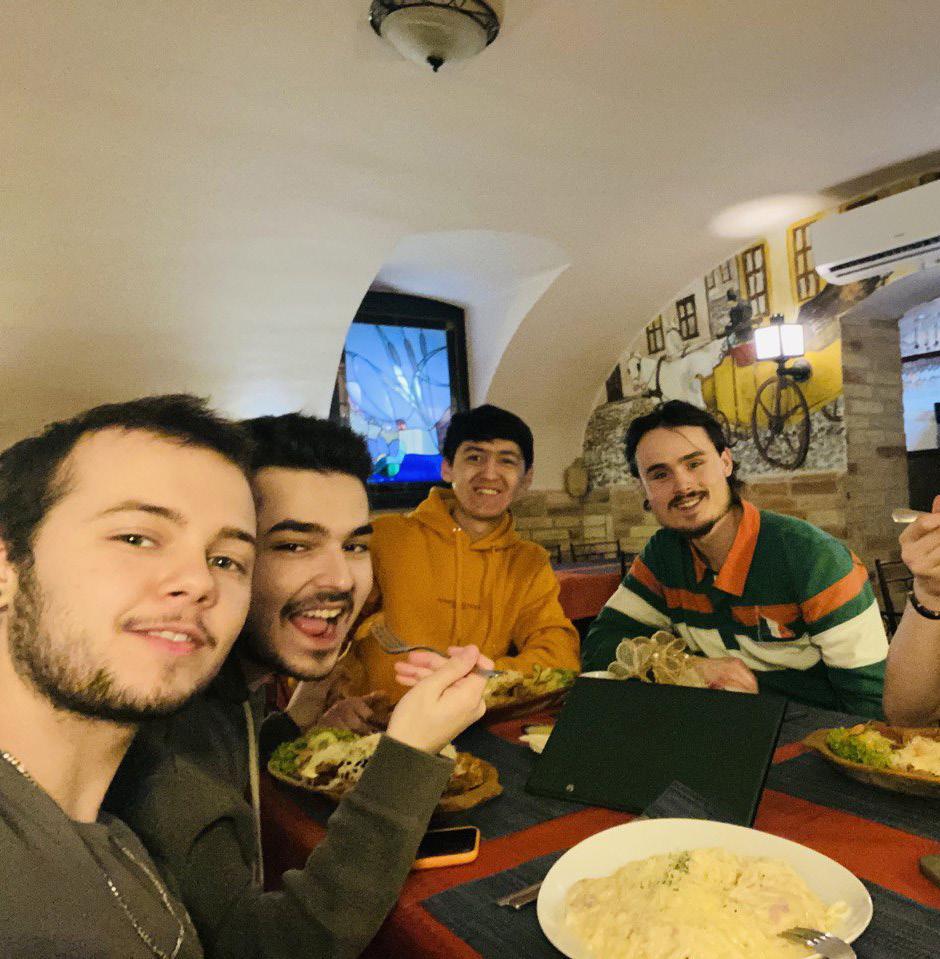
First and foremost I really love exploring new things, places, and traditions. Additionally, Hungary’s central location in Europe makes it an ideal hub for cultural exchange and exploration. Situated at the crossroads of Eastern and Western Europe, Hungary offers a unique blend of cultures, traditions, and languages. From the vibrant streets of Budapest to the tranquil countryside, Hungary’s diverse landscapes and dynamic cities provide endless opportunities for exploration and discovery.
Moreover, Hungary’s rich cultural heritage and vibrant social scene were also significant factors in my decision to study there. From its iconic landmarks and historic sites to its thriving arts and music scene, Hungary offers a wealth of cultural experiences that enrich the student experience beyond the classroom.
In conclusion, my decision to choose Hungary as a destination for my studies was influenced by its strong academic reputation, central location, affordability, cultural richness, and commitment to fostering an inclusive and supportive environment for international students. Hungary offers a unique blend of academic excellence, cultural diversity, and affordability that made it the perfect choice for me to pursue my academic and personal goals.
From my point of view, it is very important to be an international student at least once in your lifetime, because being an international student is a transformative experience that offers a unique blend of challenges and rewards. It provides an opportunity to step out of one’s comfort zone, embrace new experiences, and expand one’s horizons in ways that are both enriching and empowering. Despite the obstacles along the way, the journey of being an international student is a testament to the resilience, courage, and determination of individuals who dare to pursue their dreams beyond borders. Yeah it is hard to leave your family and comfort zone, you can ask “is it worth to leave family and friends from hometown? My answer is “exactly-yes”. Maybe some of you might say “Why should I go somewhere else, even though I have a wonderful life in my homeland?” absolutely, for the first time I also thought like this, but when you go abroad, believe me there are too many things, too many adventures that you didn’t know about, and you will realize after having experienced them. It is worth to try!
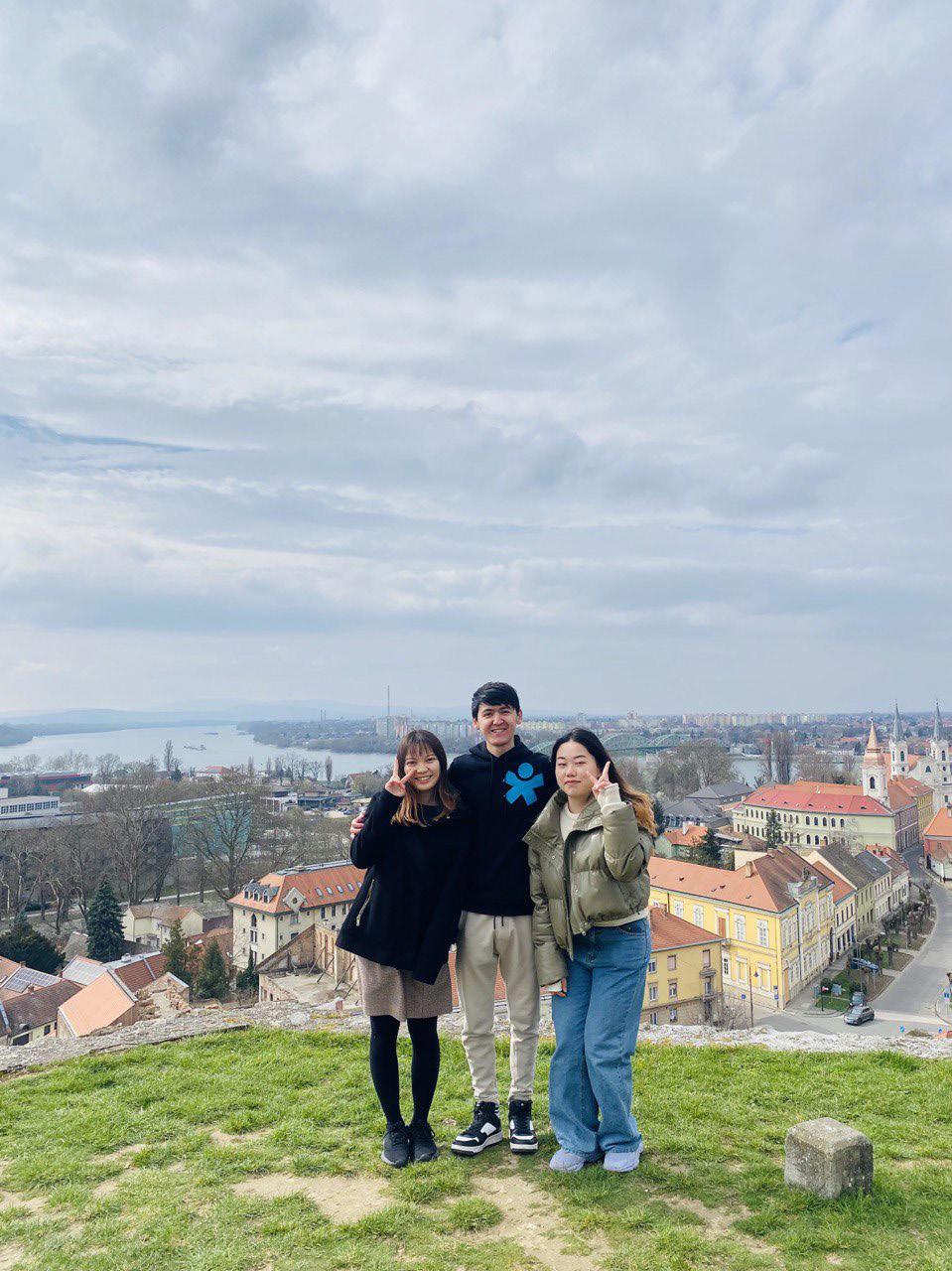
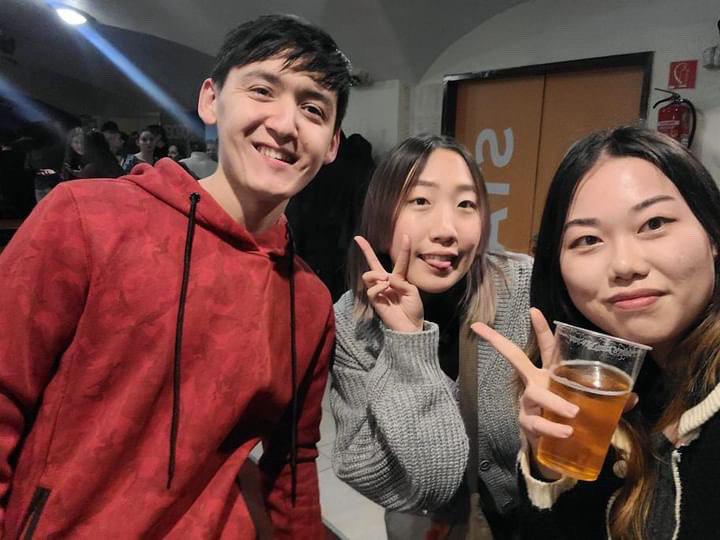
International students face a variety of challenges when studying abroad, ranging from cultural and linguistic barriers to academic and social adjustments. Here are some common challenges that international students may encounter: Language barriers: For many international students, studying in a country where English or another foreign language is the primary medium of instruction can pose a significant challenge. Navigating academic coursework, participating in discussions, and completing assignments in a non-native language can be daunting and may require extra effort and support. Cultural adjustment: Adapting to a new cultural environment can be both exciting and overwhelming. International students may experience culture shock as they navigate unfamiliar customs, social norms, and expectations. Differences in communication styles, social interactions, and academic practices can contribute to feelings of isolation and disorientation. Academic expectations: Academic standards and expectations may vary significantly from one country to another. International students may find it challenging to adjust to different teaching styles, grading systems, and academic conventions. Keeping up with coursework, meeting deadlines, and mastering course content in a foreign language can be demanding and may require additional support and resources. Homesickness: Being far away from family, friends, and familiar surroundings can trigger feelings of homesickness and loneliness.
International students may struggle with feelings of isolation, longing for the comforts of home, and difficulty forming new social connections. Coping with homesickness requires resilience, self-care, and seeking out support from peers, mentors, and campus resources. Financial concerns: Managing finances as an international student can be challenging, particularly if tuition fees, living expenses, and currency exchange rates are higher than anticipated. International students may also face restrictions on employment opportunities, making it difficult to supplement their income or cover unexpected expenses. Budgeting, seeking out scholarships and financial aid, and exploring part-time job opportunities can help alleviate financial stress.
Visa and immigration issues: Navigating visa requirements, immigration regulations, and residency permits can be complex and time-consuming. International students may encounter challenges related to visa application processes, renewals, and compliance with immigration laws. Any discrepancies or delays in visa processing can disrupt travel plans and academic pursuits, requiring careful planning and attention to detail. This problem may face mostly students who are outside of EU countries. Social integration: Forming meaningful social connections and building a support network in a new country can take time and effort. International students may struggle to overcome language barriers, cultural differences, and social norms that can hinder their ability to connect with peers and participate in campus activities. Engaging in cultural exchange programs, joining student organizations, and attending social events can facilitate social integration and foster a sense of belonging. I highly recommend to take part and join as many communities as you can, it will help you avoid having boring times while you are abroad.

The success of my CEEPUS experience lies not only in the academic accomplishments but in the holistic growth and lifelong connections that will continue to shape my journey long after my time in Budapest.
Life lessons that CEEPUS taught
• Life is too short to compare yourself with others
• I know more languages tha I thought
• Do not stay in one place
• Always improve yourself
• Take every opportunity
• Do not believe everyone
• Manage money
• Being independent
• Travel as much as you can
• Mistakes are the best teacher
For those who reads Study hard, make your dream become true, try new things, and do not be afraid of failure.
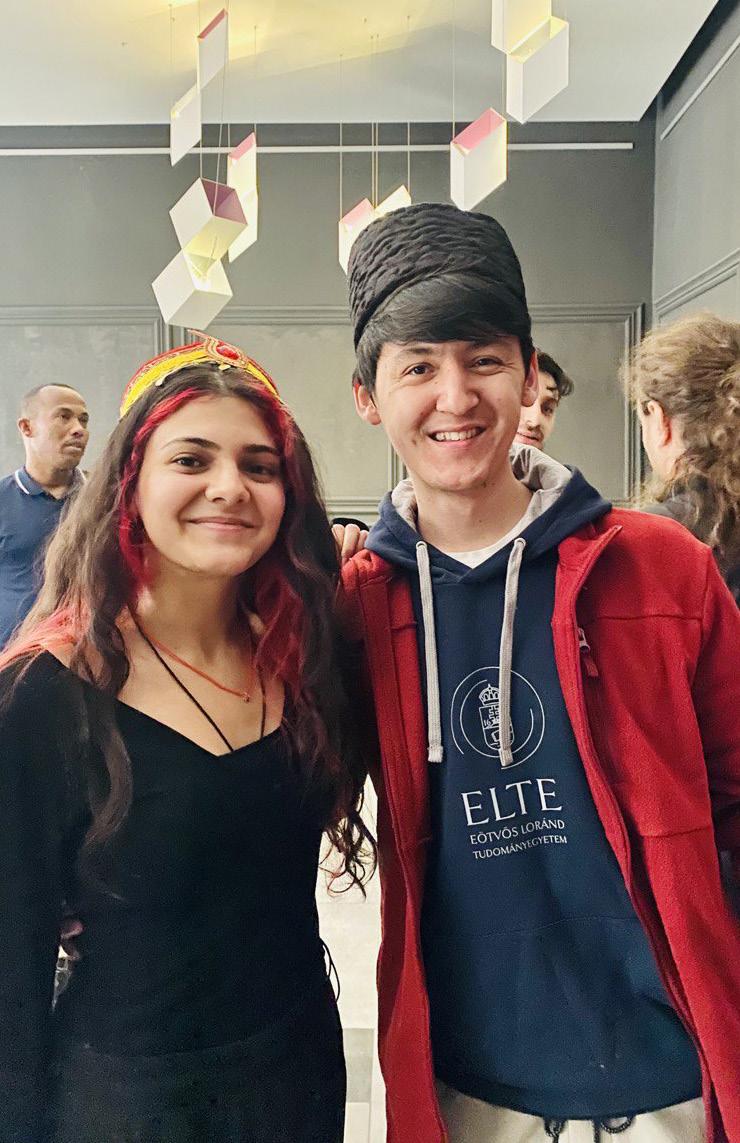
©Szabó Jázmin
We all can agree with the statement studying abroad is a brave step. However, you, who read this magazine, probably jumped that hurdle. After or during studies many students would like to find a convenient job to earn extra money. In turn as you maybe experienced, administration and official stuff are not the strength of Hungary. That’s why we interviewed an experienced student who lives here for 4 years now, and answered our questions related to find a job abroad.
Tell me about some words from yourself, where are you from, why did you choose ELTE GTK for learning abroad?
I’m Khanh An, but you can call me An or Anna for short. I’m from Vietnam and currently I’m finishing my Bachelor’s degree in International Business Economics at ELTE GTK. When I was applying to the Stipendium Hungaricum scholarship, ELTE stood out for me as the most prestigious academic institution in Hungary. I specifically relate to its vision statement “Community of Knowledge” and I felt like this could be the start of something beautiful in my academic journey. Additionally, I’ve always wanted to understand the fundamentals of the global economy and navigate my way in the business world. All things combined, without hesitation, I signed up for ELTE GTK as my first and only choice, though I had two at the time. As it turned out, I was amongst the first seven international students of ELTE as it had just opened its door to SH students in 2020. As regards of jobs, I am working now at BlackRock as an intern, it is my second job experience in Hungary.

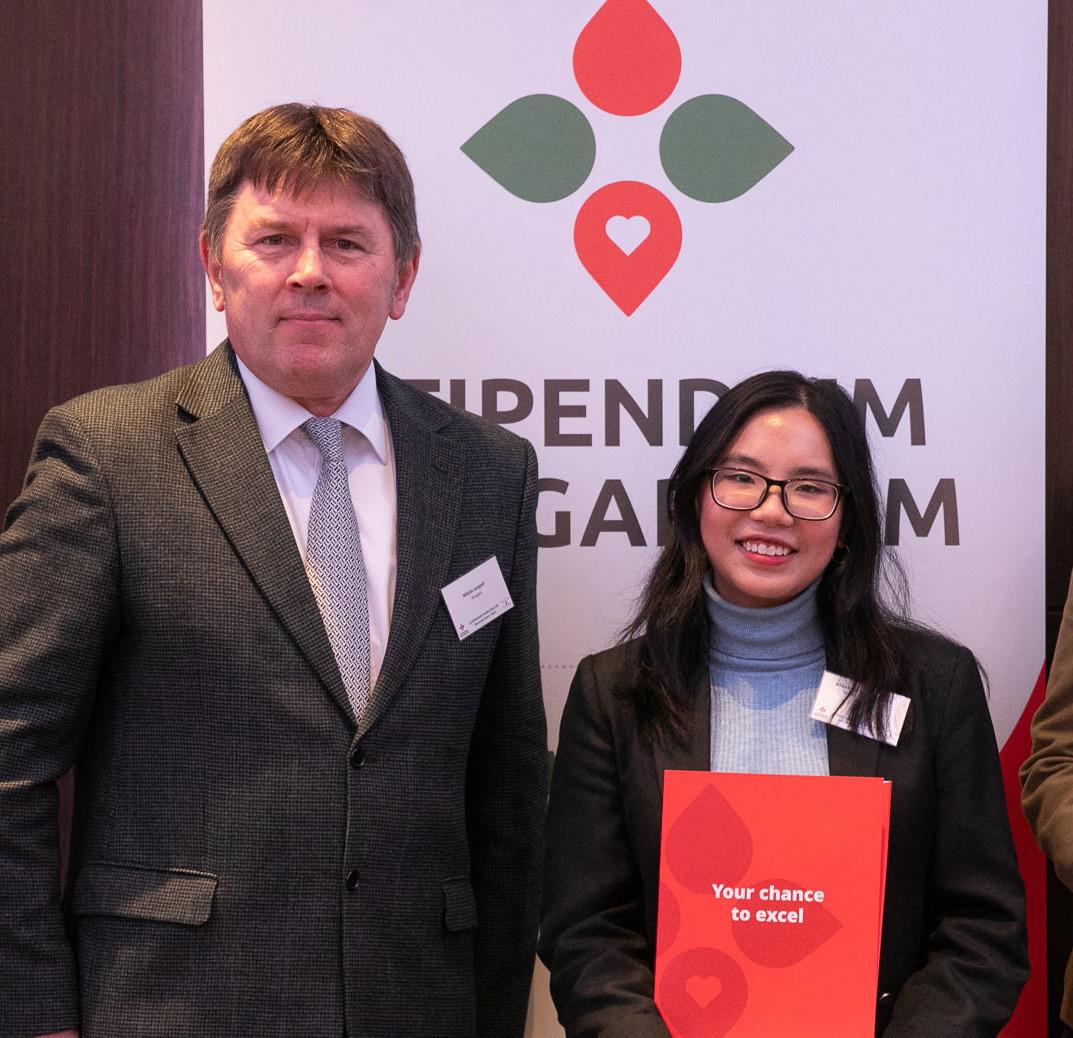
What papers did you need when you first came to Hungary? Were there problems with the administration of papers?
There were lots of papers that I needed to obtain when I first came to Hungary. It was such a foreign and lengthy process for me but luckily, I got tremendous amount of support from ELTE GTK and my SH mentor in the beginning. The most important ones are Residence permit, Student card, Tax card, Address card and TAJ card. I moved several times during the years, and now the address changing process is more convenient than when I first came, because I submit my application via EnterHungary and get my card in my mailbox afterwards instead of waiting in the Kormányablak.
In the average way you have to upload your diplomas (from secondary education), language certificates and personal information when you start working with a company. Was the process so different when you applied and got the job?
Both times I was working, the companies had agreements with a student agency, so I did my paperwork through them. I didn’t need to send my secondary education diploma nor language certificates as I proved it during the interviews. I only need to show my student card which proves an active student status, my social identity cards such as the residence permit, tax card and TAJ card. However, for my current company, since it’s a multinational firm, I had to go through a background screening process and submit many more documents. I was literally stressing out while collecting all the papers as they asked for previous payslips and working contracts, and even Criminal Record Certificate (Bűnügyi Nyilvántartási Igazolás) which I had never done in my life at the time.
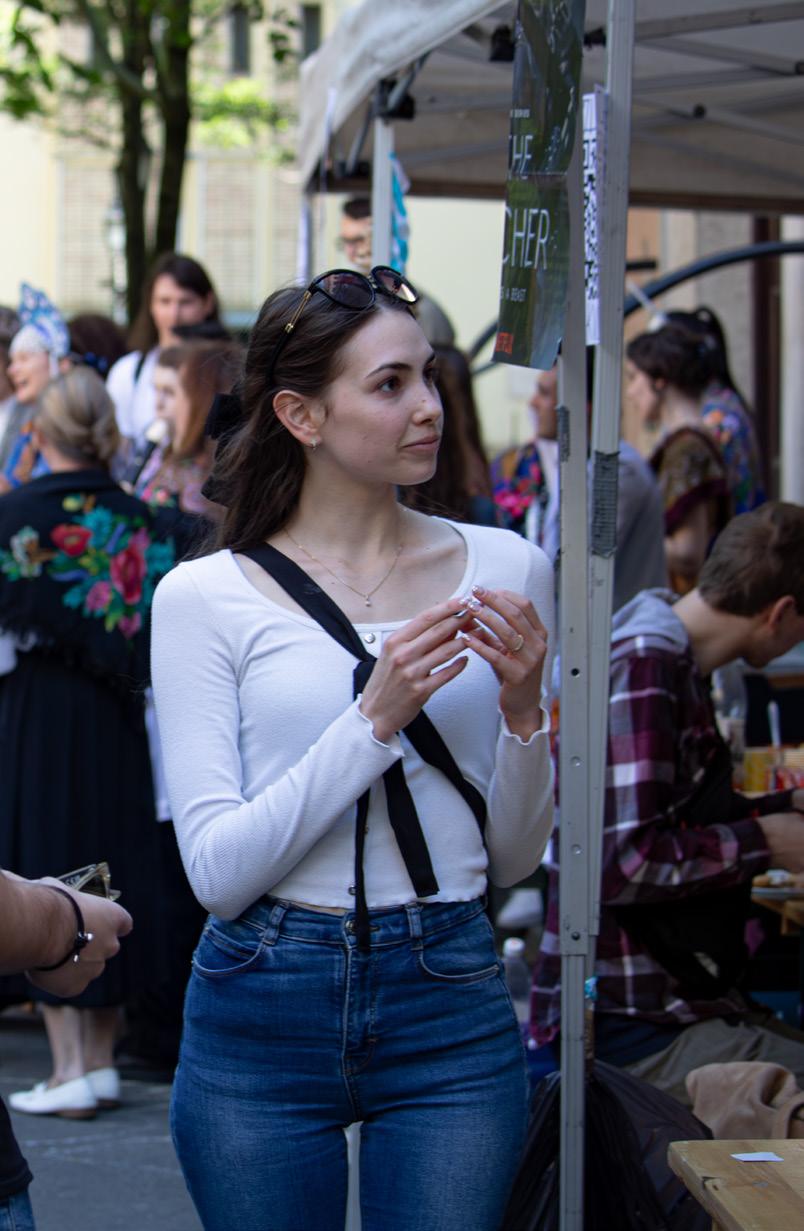
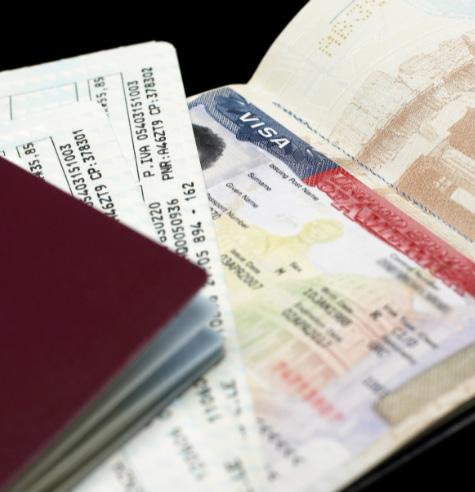
According to my experience, the Hungarian bureaucracy and administration is a nightmare. For example, I know in some offices many workers do not speak in English. Did you have good experiences with this?
Ever since I came to Hungary, I felt like I was constantly leveling up in the Bureaucracy game. It was so different from what I have experienced in Vietnam – my home country, but very positively. I like that there is an appointment booking system, clear instructions and later, electronic systems like EnterHungary. This means I don’t have to spend the whole day waiting for my documents to be processed then still go home with nothing, and I can arrange my time according to my appointments. In general, I’ve had great experiences at the Immigration Office as they speak good English due to the nature of their job. Although the queue there is insane and it literally takes a full day just to wait for my appointment, the officers are helpful, and they get the work done. I am only facing some language issues in the Government Offices (Kormányablak) because many registry officers there don’t speak English. In this case I must be smart and creative in my solutions. I usually prepare some notes in Hungarian for them to read and understand my cases, or I speak very simple Hungarian terms like “not working” (nem működik), “not right” (nem helyes) and of course, utilizing body languages.
Do you have any „funny” (stressful but ended good) story in the process? For instance, when somebody did not speak English in an office or your name was misspelled or something like this?
Definitely. My name is the origin to every problem under the sun because there are four syllables, which are long and complicated to foreigners. Honestly, I think “An” is the least complex part. There was this one time when I was struggling to get my vaccination card because they couldn’t find my data anywhere in the Government Office. I had to go back and forth several times between the place where I had my vaccination, and the Government Office, just to find out that the problem was with my TAJ card, my name was misspelled in the systems! Apparently, I needed to go to the NEAK office to get my name on my TAJ card corrected. However, due to the language barrier, I understood it wrongly and went to another Government Office in the 13. district right next to the NEAK. It was a stressful and tiring process, partly because I couldn’t get my problem across so efficiently, and likewise, the officers couldn’t explain to me the whole process.
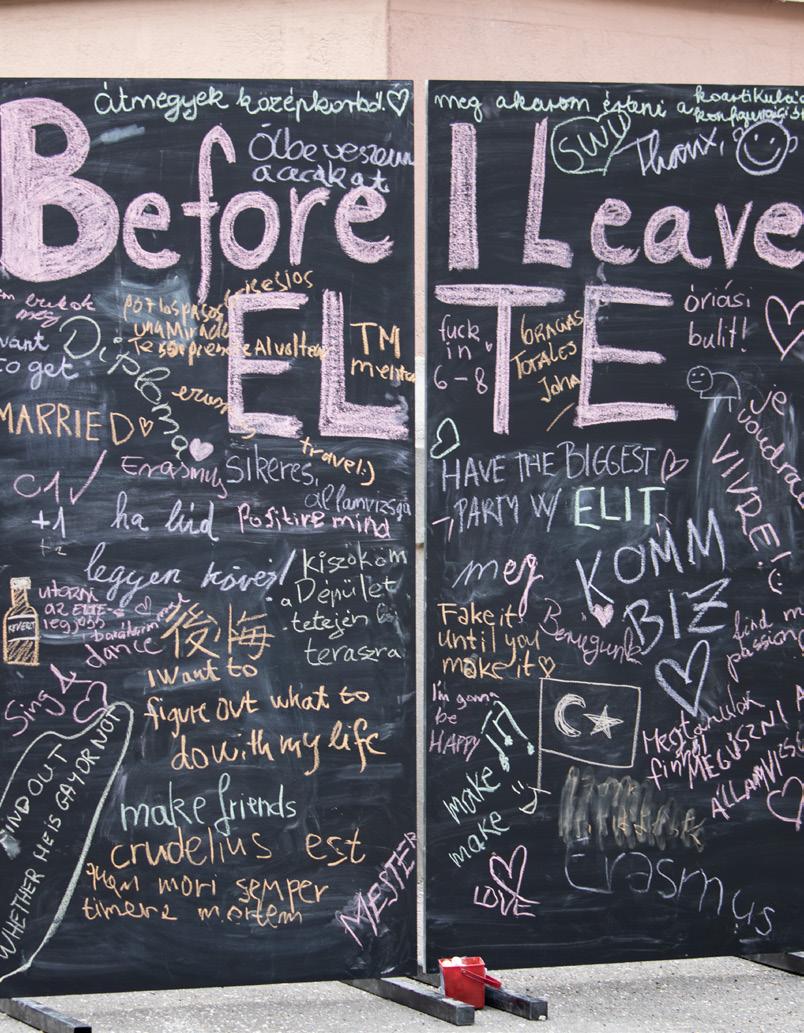
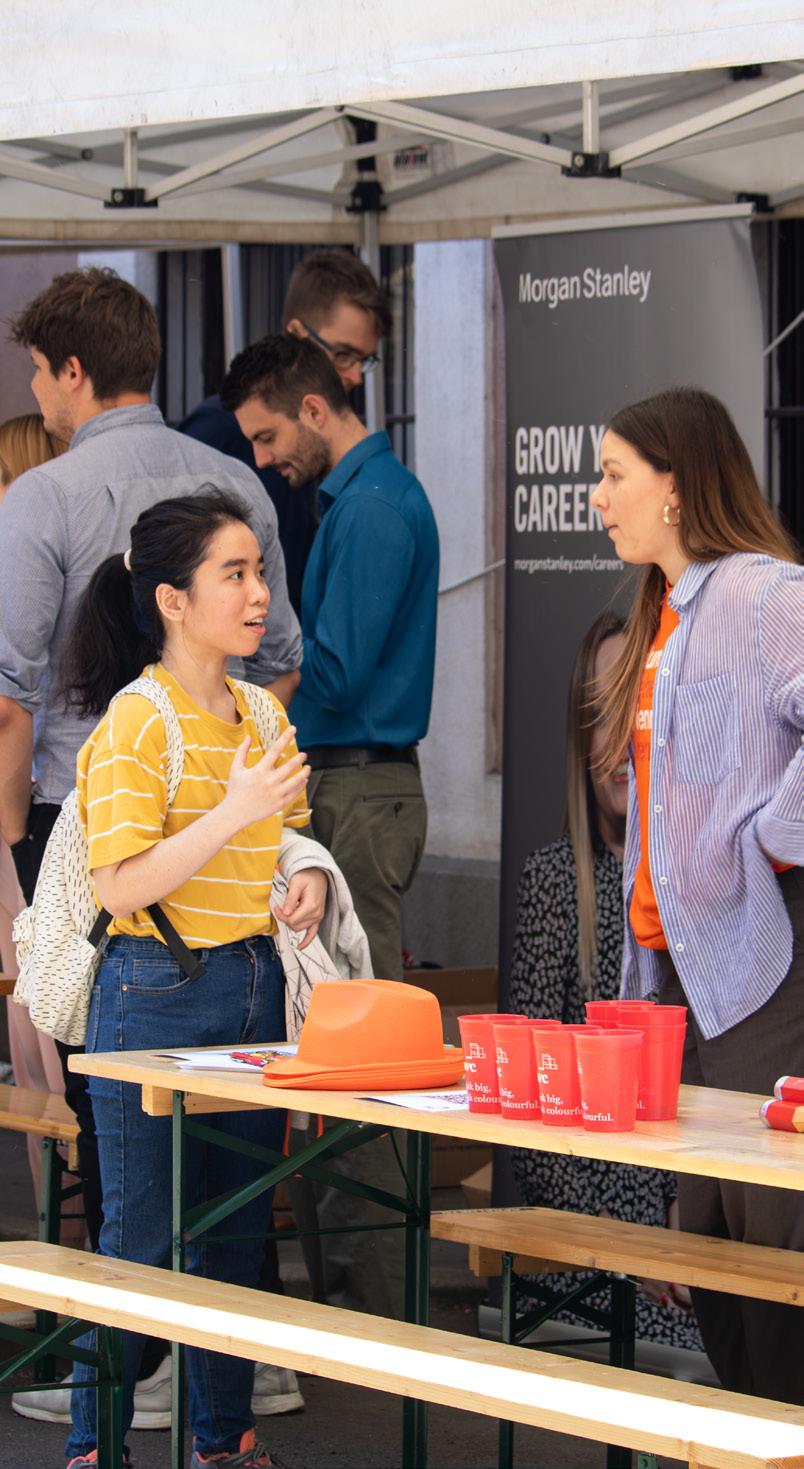
What are your plans for the future? Do you want to stay here, in Hungary after your studies?
I’ve been living in Hungary for 4 years and I’d like to work here several more years to build the first stage of my career. I’m now looking for a permanent job from an employer who sponsors work permit for me, or the so-called Hungarian Card. I’m negotiating with my current workplace to get me converted to a full time. Ever since the Hungarian government signed a new law on work permits, things have drastically change and companies are withholding their processes of applying for work permits for their employees. Thus, I’m trying to stay positive and keeping my fingers crossed that eventually, I can work in Hungary as a full-time employee with a valid permit.

Everyone has heard about the Erasmus+ program. It’s the single-most popular exchange program for mobility in Europe. But did you know that there are several other programs helping students financially and administratively to study abroad? This article aims to give you a comprehensive summary and comparison of the different exchange programs offered at ELTE to have a better understanding of your opportunities, whether you are a local or an international student.
First of all, Erasmus+, as mentioned in the introduction, this is the most sought-after exchange program and there is definitely a reason for that. More than 5,000 universities participate in it across, or in some cases, even outside the EU/EEA. It’s easily accessible to anyone and is well-documented. You can go for either a study exchange or for a traineeship, but the latter – in case of incoming mobility - is only available for PhD students. At the GTK, you can apply for one scholarship-supported semester abroad. Note that in most of the cases the grant may not cover all your expenses. There are two application periods in each academic year: around February and September. Application for the traineeship is continuous but you are advised to submit it 4 months before the planned start of your mobility. This article is only concerned with the study abroad opportunities.
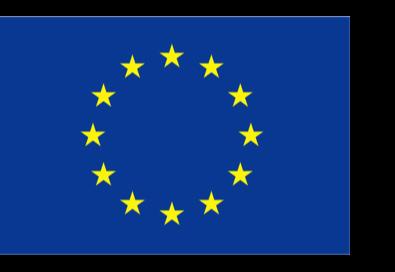

The application process varies between universities, so in case of incoming mobility (students coming to ELTE GTK), make sure to check in with the International Office of your home institution. At the GTK you will have to upload all the required documents, including a study plan, a language certificate, if you have one, a CV, a motivation letter, and a certificate of other relevant activities as part of your application. It’s recommended that you apply to more universities (max. 3) where you’d be happy to study as an exchange student, as it’ll increase your chances of winning a place. Additionally, you are strongly advised to follow the news on the faculty website and/or participate in the GTK info session to get more information on the most favored countries/universities. As an Erasmus student coming to the GTK, you can conduct your studies in either English or Hungarian. If you’re selected to study at ELTE, we recommend that you start preparing for your trip to Budapest, Hungary early to spend one of your best semesters here. In case of outgoing mobility, early preparation for your trip abroad is also highly recommended. But how will you fund your stay abroad? It is not cheap to live in a different country, let alone pay the tuition fee.
Luckily, Erasmus+ supports your mobility with not only free tuition but also a generous amount of money, depending on the difference between the living costs of your home and host countries. Also, make sure to check out additional financial support available at your sending university. Most of the time the mobilities are done via agreements between ELTE GTK and another university’s economics or business faculty or department. But don’t worry if you are also interested in courses offered by other faculties because incoming students can take courses from other ELTE faculties for up to 10 ECTS. Furthermore, ELTE has All Fields agreements as well, with some of the Coimbra Group Exchange Network’s universities, the University of Sheffield, Sheffield Halam university. While the All Fields application system might be different to that of Erasmus+, the administration part is exactly the same.
CHARM EU stands for Challenge-Driven, Accessible, Research-based and Mobile. This is a closer cooperation of 8 universities. It’s a model for not only mobility, but the main goal is the co-creation of a unified European University aligning with European values, the European Green Deal and sustainable development goals. Among the universities participating in the program, there are prestigious and high-scoring universities on the international ranking. For example, Trinity College Dublin. There are multiple completely different programs. Ranging from shorter periods of student mobility to a whole joint master’s program. At the moment the only available program is the Master’s Program in Global Challenges for Sustainability, an 18-month exchange in one of the 5 universities participating in this specific program. Mobility is a comprehensively integrated aspect of the program and hence the programme combines a variety of mobility options: switching campuses from one phase to the other, short mobilities within the phase, and virtual mobility. Completing this program earns you a degree jointly given by 5 universities, which definitely looks great on a CV.
CEEPUS or Central European Exchange Program for University Studies is, as its name implies, an exchange program between Central European universities not only for students but also teachers. The main gimmick of CEEPUS is university networks - created by a minimum 3 universities from 3 different countriesoperating joint programmes in special subject fields. You can apply to any of the universities participating in the network. These network systems also come with an agreement between the universities, that they must accept the credits earned at the foreign university. ELTE GTK is currently not part of any networks, however there is the opportunity to apply as a freemover, which means that you can get into any of the networks. However, this only works if there are unused scholarship months in that specific network. You can apply until the middle of October for the spring semester and the length of your exchange as a GTK student can be one semester. For the application, you only have to get an acceptance letter from the partner university and a proof of eligibility for the program, which means that you are a citizen of one of the participating countries. It is also possible to apply if you don’t have citizenship but study at one of the partner universities, though this is slightly more complicated. If you are a freemover you will also need to submit a recommendation letter from two teachers. There is universally no tuition fee in the program, but the scholarship vastly differs depending on which country you go to. The amount can vary between 100 and 1,100 Euros. In Hungary, the amount is around 436 Euros, which puts it among the higher payers.
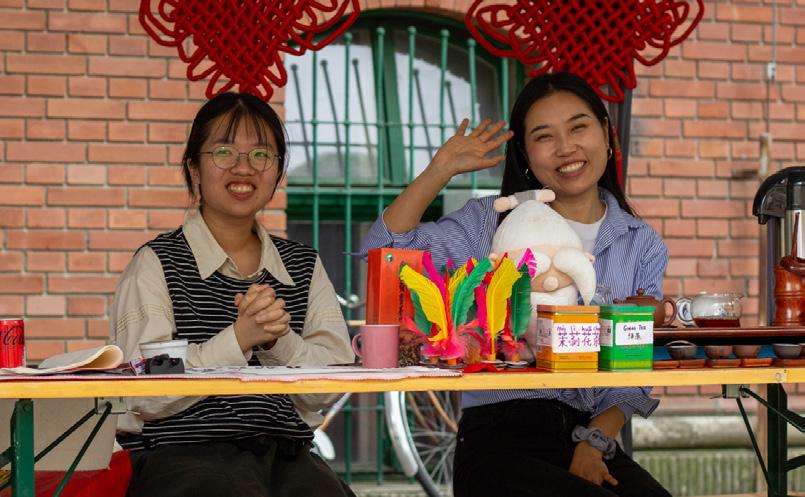
If you didn’t find the above programs sufficient, there are still several ways to spend time in Hungary or travel outside of Europe. ELTE has bilateral agreements with more than 90 universities. These opportunities are lesserknown at the GTK. Application takes place on the university level and, in some cases, even a grant is available (e.g. ICM). It usually requires more research on the students’ part to find out about all the requirements and the application methods but these opportunities also broaden your choices to study abroad. If you’re an international student coming to Hungary through these agreements, you must take most of your courses (at least 10 ECTS) at the GTK but you’ll also be entitled to take 2 courses in total from other ELTE faculties.


Founded by the Hungarian government in 2013, this scholarship aims to attract outstanding students to Hungary, establishing personal and professional links, and getting acquainted with the Hungarian language and culture. This is strictly for students from outside the European Union, but there are more than 90 countries participating in the program. It’s important to note that this scholarship vastly differs from the others listed above as this is only available if you want to do your whole degree in Hungary. Furthermore, it is important to know that if you choose this option, you are not allowed to participate in the Erasmus+ or other scholarship programs. The application time for this scholarship usually ends in the middle of January. The list of documents to be submitted can be found in the current call. At ELTE GTK, Stipendium Hungaricum scholarship holders can only study in English. With this program, tuition is free, and you also get 110 Euros of general allowance and approximately 100 Euros for housing or a dormitory place. Scholarship holders are eligible for the Hungarian social security card as well, which can be used to access Hungary’s public healthcare services for free.
All in all, whatever program you decide on, I highly encourage you to spend at least one semester abroad as part of your personal and professional development. This will allow you to improve your language skills, make meaningful connections, and discover new cultures. Of course, enjoying your time in another country and being part of a great adventure are all equally valuable for anyone willing to start this journey.

©Muhari Brigitta
Few people at ELTE GTK know it, but there is a super sports organisation that can offer students unforgettable experiences. The ELTE GTK Hiking Club organises exciting hikes where you can not only enjoy the beauty of nature, but also make new friends. During the programmes of the ELTE GTK Hiking Club, they mainly target sights close to the capital, thus helping the students to get to know the university and the wider Budapest area as much as possible. In the following article you can read some information and interesting facts about this club.
For almost 3 years, the GTK Hiking Club has been organising better and better hikes for GTK students (and anyone else who is interested). According to the introduction on the website, the Club is „an informal organisation that has organised 8 hikes and 1 alpine hike, mainly coordinated by faculty staff. More than 220 people have attended one or more of the programmes. One of the Club’s big goals is to inspire students to explore the world, including nature, and to take on new challenges.”



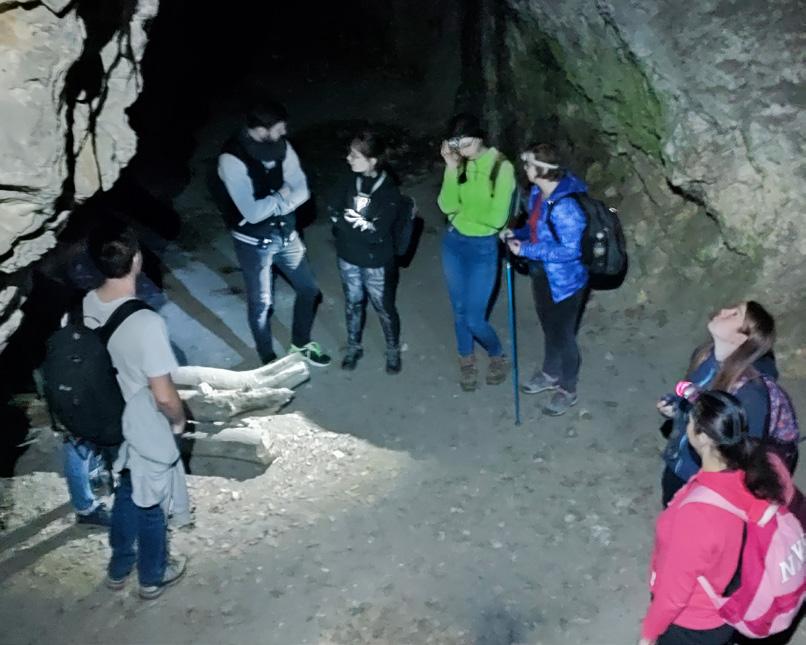

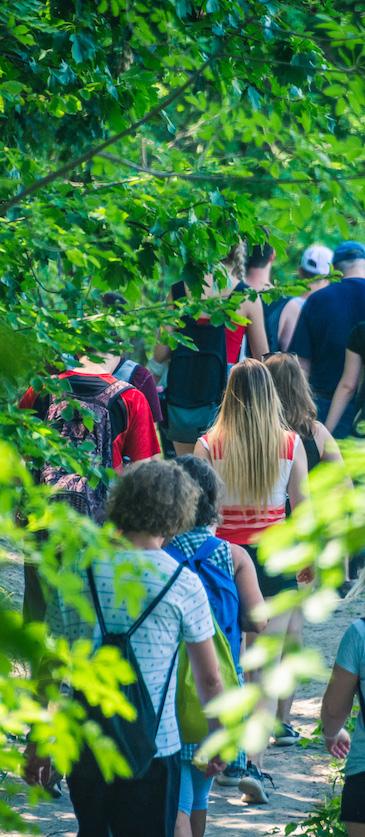











The club’s most difficult organised „test of courage” to date is the 25 km „ELTE GTK Moonlight Hike 25” (or ELTE GTK Éjszakai Kevélyek 25) . The first trek was done at night in October 2021, when a team of 18 completed the distance in 7 hours. The aim of the hike was to beat the existing best time record on the Csillaghegy - Nagy Kevély - Csobánka - Pomáz section, following the hiking trails. Interestingly, it can only be completed at night, hence the name: test of courage.
The second Moonlight Hike tour took place in May 2022. Typically, all achievement hikes, and often individual hiking clubs, have their own badges, and for longer distances and more traditional events, the distance completers receive a metal badge. The first GTK Tour Club badges were awarded to participants here.
By far their most popular tour is the „Lunch at Normafa”, which is usually announced before the start of the spring semester as a spring programme. The tour is a circular walk along one of the classic routes of the Buda Hills, the Szépjuhászné-Makkosmária route. On the way, they will pass through the Gateway Cave, make a detour to the Elizabeth Lookout on János Hill, have lunch at Normafa, and then reach the church of the Makkosmária Monastery. The popularity of the programme is enhanced by lunch, usually consisting of langos, strudel, pancakes and hot tea at the Normafa Ski House. In this year, the Club started their series of tours with a Budai Hills tour titled: „Beautiful views in the Buda Hills”. You can look up our TikTok video about the tour following QR code.

You can find more information about the Hiking Club here: https://gtk.elte.hu/ gtkturaklub. If you want to join the tours, make sure to check their website regularly for more infos!
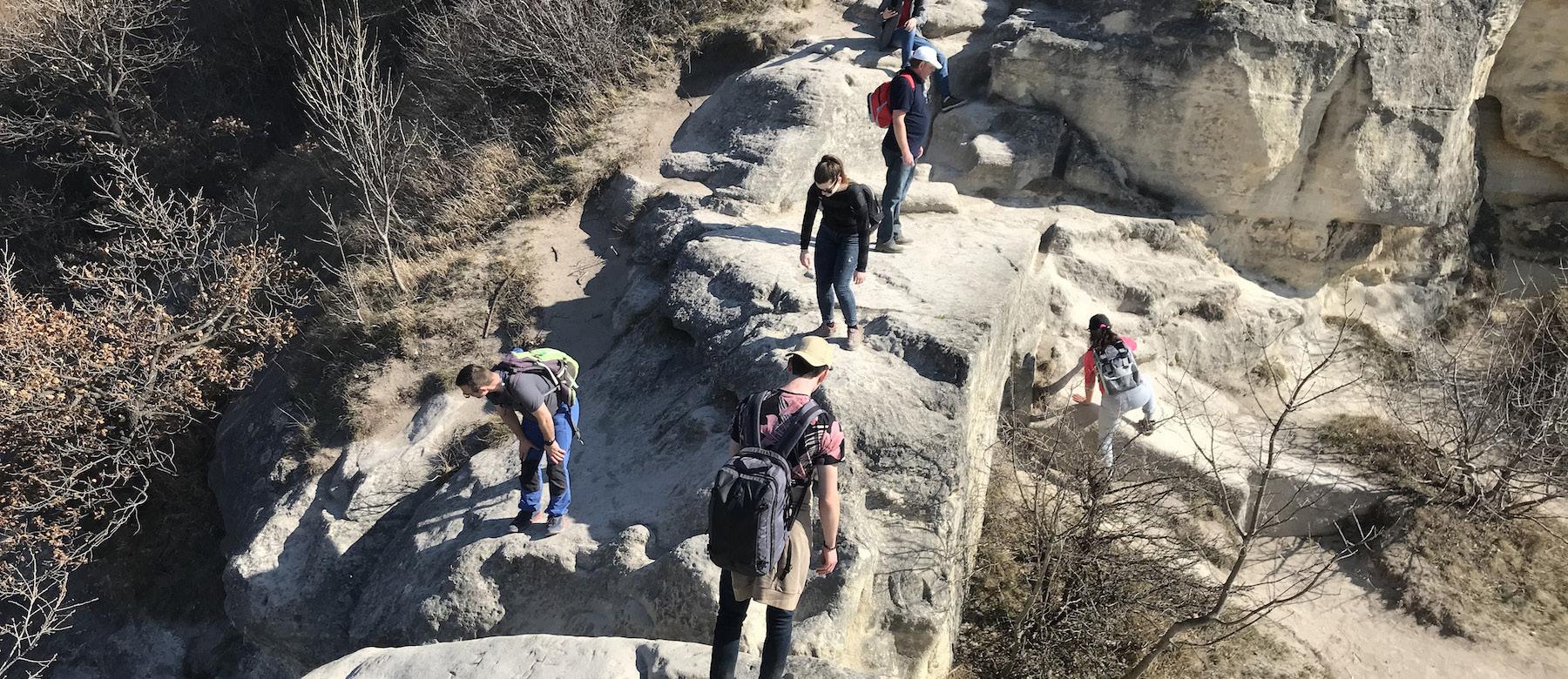
©Orbán Hédi Viola
“ELTE GTK emerged as the perfect choice, not only for its esteemed ranking among universities but also for the glowing recommendations I received.”
I’m Maria Naffa from Jordan, from the city of As-Salt, currently studying Finance and Accounting at ELTE GTK. At 18, I moved abroad from my family to embark on this academic journey, which began last semester. Excited for the experiences ahead!
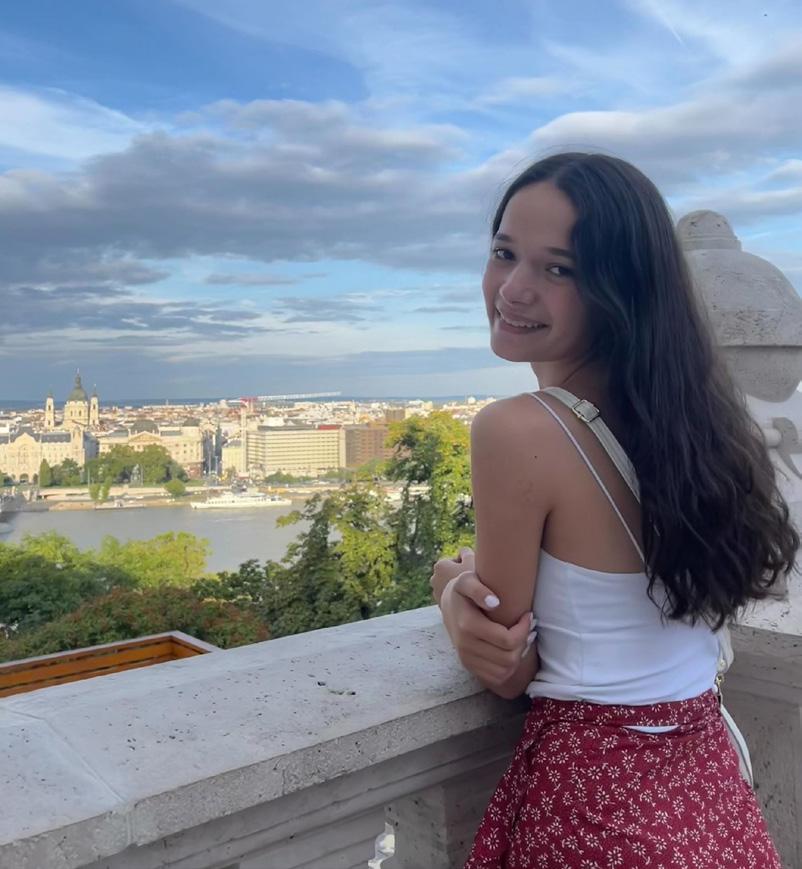
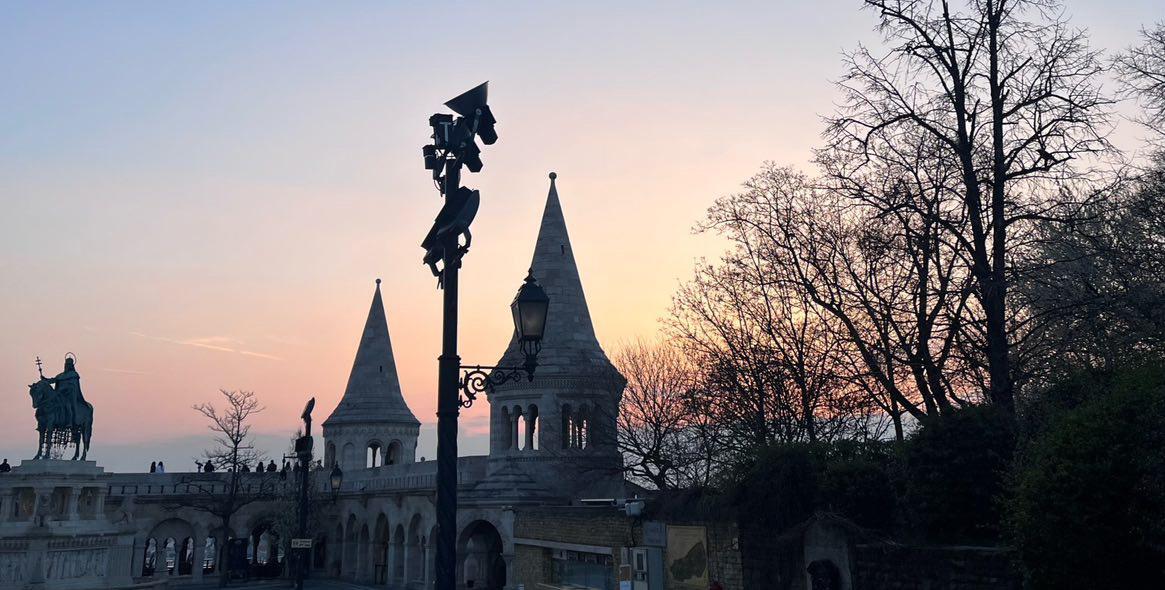
How did you decide to come here? Why did you choose specifically the ELTE GTK here in Budapest?
After hearing about ELTE and the prestigious Stipendium Hungaricum scholarship program, my research led me to choose Finance and accounting as my field of study. ELTE GTK emerged as the perfect choice, not only for its esteemed ranking among universities but also for the glowing recommendations I received.
Stipendium is the most common full coverage scholarship for Jordanians. A lot of people come here from Jordan actually. I know at least 15 people who study here at ELTE or at other universities in Hungary. It is much more affordable to study and live here as a student than in Jordan.
ELTE is also higher in worldwide rankings than many universities in Jordan, so I felt it would be a good choice to study here.
I’m also connected to Hungary in many ways, my cousin studied in Debrecen, and I luckily have other relatives here living close by.
I’m thoroughly enjoying my time at ELTE, where the university atmosphere is simply fantastic. Every day, I’m greeted with warmth and openness by the people I meet, making my experiences here truly amazing.
From the stunning architecture to delicious cuisine, Hungary offers a captivating blend of heritage and innovation.
Hungary, in Central Europe, has varied landscapes with plains, hills, and rivers, while Jordan, in the Middle East, is mostly desert with rugged mountains and the iconic Petra. And the difference in cuisines such as In Jordan, consuming pork meat is not a common practice due to cultural and religious reasons. However, regarding religion, I’m not experiencing much difference, because even though in Jordan the official religion is Islam, I am Christian and follow the same faith as many Christian Hungarians do too.

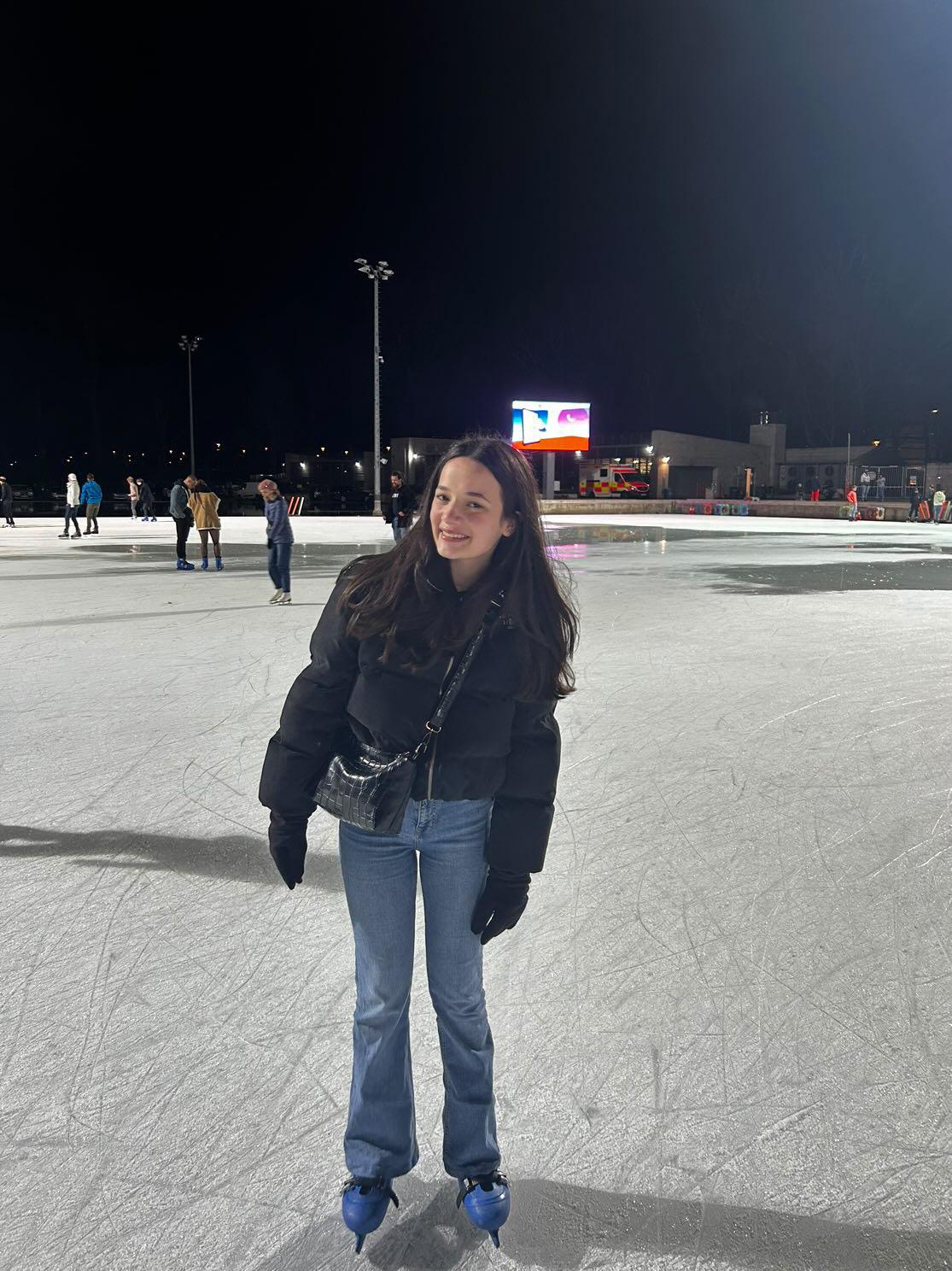
are the things that you like about our school, and the country, or even just Budapest?
The reasonable cost of living in Budapest compared to other European capitals is a big plus. It means I can focus more on my studies and enjoy the city without breaking the bank. Being in such a lively place also motivates me to stay productive and make the most of my time at the university.
The language barrier for us international students because many places require us to speak Hungarian fluently. I sometimes experience that Hungarians can be a bit cold and not so welcoming because I don’t speak Hungarian, and I can only communicate with them in English. I’m trying to learn Hungarian, it is a part of my studies here with my scholarship that I’m taking two semesters of learning Hungarian, but I find it very hard, it is very different from my mother tongue, the Arabic language.
What was it like to move so far away from your home to a completely different country compared to yours?
It was both exciting and challenging. It offered the opportunity to experience a new culture, meet people from different backgrounds. However, it can also be daunting, as it involves adapting to a new environment, navigating unfamiliar systems, and being away from family and friends.
It was a big change compared to my life in Jordan - I was very dependent on my family and on the support I got from home. Now I do everything on my own, I became more independent, it helped with improving my personality, I got better at time management and I have more power on controlling my own time. I miss my family, but I feel like it was a needed change for me to improve myself.
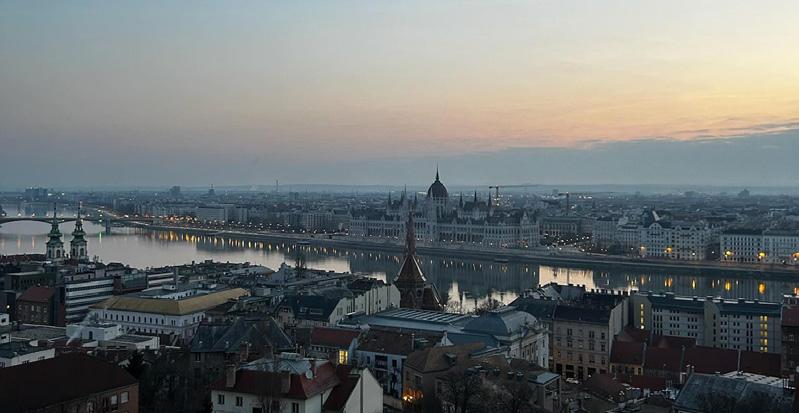
What are the main differences between Jordan and Hungary as you’ve observed so far?
The architecture here in Hungary is truly remarkable. As you stroll down the streets, you’re surrounded by heritage and ancient buildings at every turn, creating a picturesque backdrop to everyday life. One significant difference I’ve noticed between Hungary and my home country is the exceptional public transportation system. It’s incredibly efficient and well-connected, making it easy for students like me to get around the city affordably. This convenient transportation network not only adds to the charm of living here but also enhances the overall experience of exploring Budapest and beyond.

Are you only here for your studies, or are you planning to settle down in Hungary in the future?
For now, just for my studies. I’m not sure where I want to live exactly in the near future, but I definitely imagine myself settling down in Jordan, close to my family. So probably after I have finished my studies here at ELTE, I’m planning to move back to my home country.
Do you feel like you could connect with the Hungarian student community as an international student?
Yes because they are welcoming and always happy to hear about your culture. But also at the same time I don’t think I could ever fully blend in to the community because of the language barrier that is still an issue even with younger generations.
I also made some Hungarian friends since I’ve been studying here, they are of great help when I have any questions regarding the language, or just everyday Hungarian life. However most of my friends here are foreign students, many of them are from Jordan actually, whom I got to meet here in Budapest, so we have a lot in common, and I really found a nice friend group here with my flatmates and my friends.

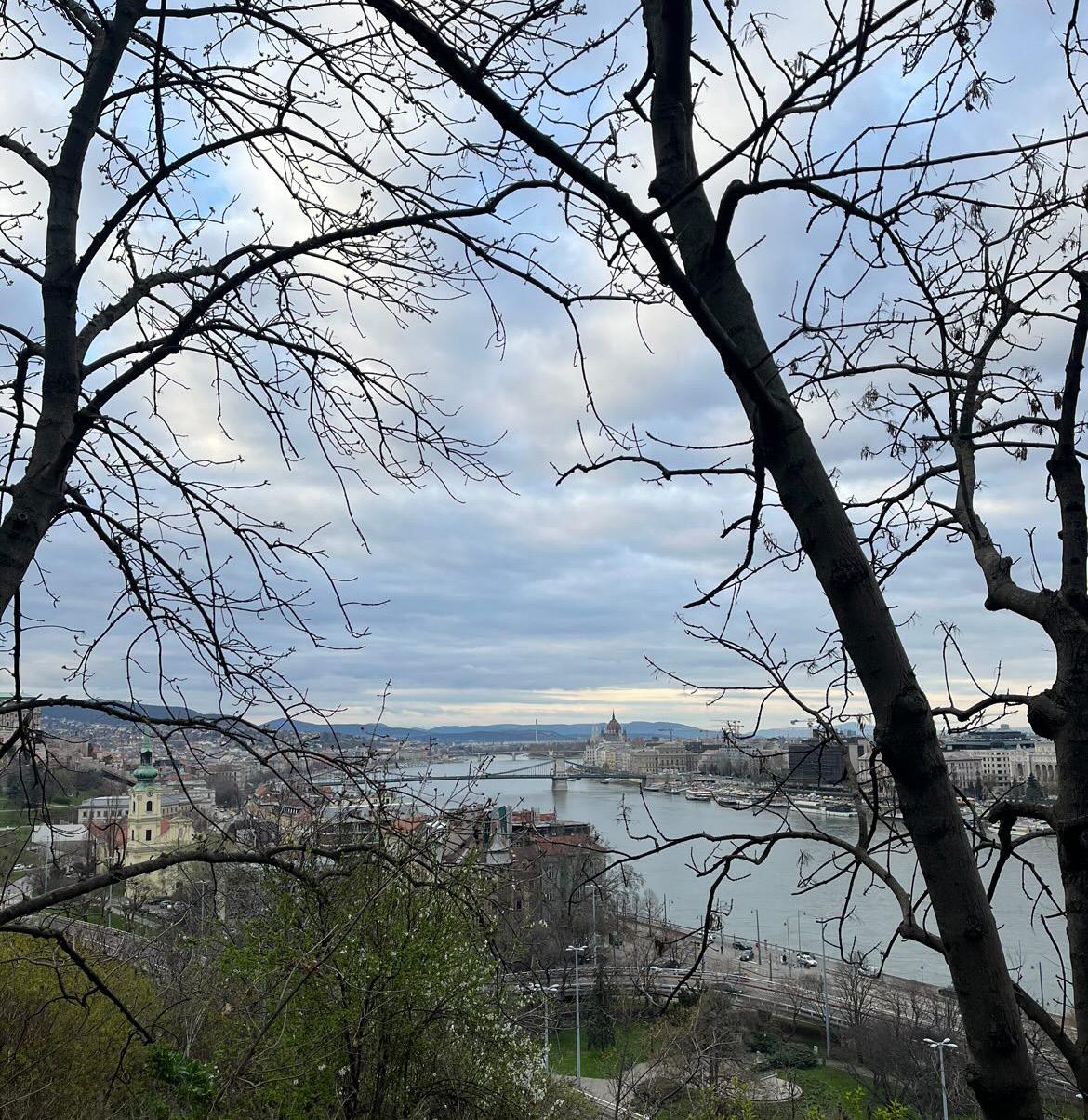
Is there a good international student community here at ELTE? Did you find any friends from there?
Yes, there is a good community, apart from the lack of social gatherings that I have mentioned before.
As I have stated, most of my friends are foreigners and they are from Jordan as well, but I have some friends who came from another country and we got to know each other through the international student community of ELTE!
But I still feel like there aren’t enough social events where people can connect with each other and make new friends.
Do you have any other thoughts that you would like to add to this topic?
I would say that moving away from home and to a different country to continue your studies can be a great experience for those who would like to try it out. I definitely recommend taking on this challenge and going on this adventure! It really helps with starting your own adult life, maturing, growing up on your own, being more independent from your parents and your family. I really love it here in Budapest, I absolutely do not regret coming here, I knew I needed this change and I’m very happy that I chose to study here at ELTE GTK!
©Frikker Gabriella
FIND IT AMONG OUR STUDENT CLUBS !
How would you like to gain an insight into the university social life outside ESN events? Moreover, become a member of a community with similar interests to yours? If you answered yes to both questions, then the GTK Student Clubs are certainly not to be ignored. Get to know them so they can get to know you!
Perhaps the name is a giveaway, as they are self-organizing groups set up and run by students - providing professional, cultural, or even sporting opportunities for those interested. They also provide an inspiring and supportive community for recreation and professional development - not to mention the chance to learn to „work” in a team and express yourself while making friends.
Don’t worry about fitting in as these communities are very inclusive, yet relatively new. The Student Clubs were founded in the spring semester of the academic year 2022/23 by enthusiastic students - organized by the Students’ Union (HÖK). In April, GTK students could also apply to one of the nine communities. All they had to do was send a motivation letter and carry out tasks individually defined by each student group.
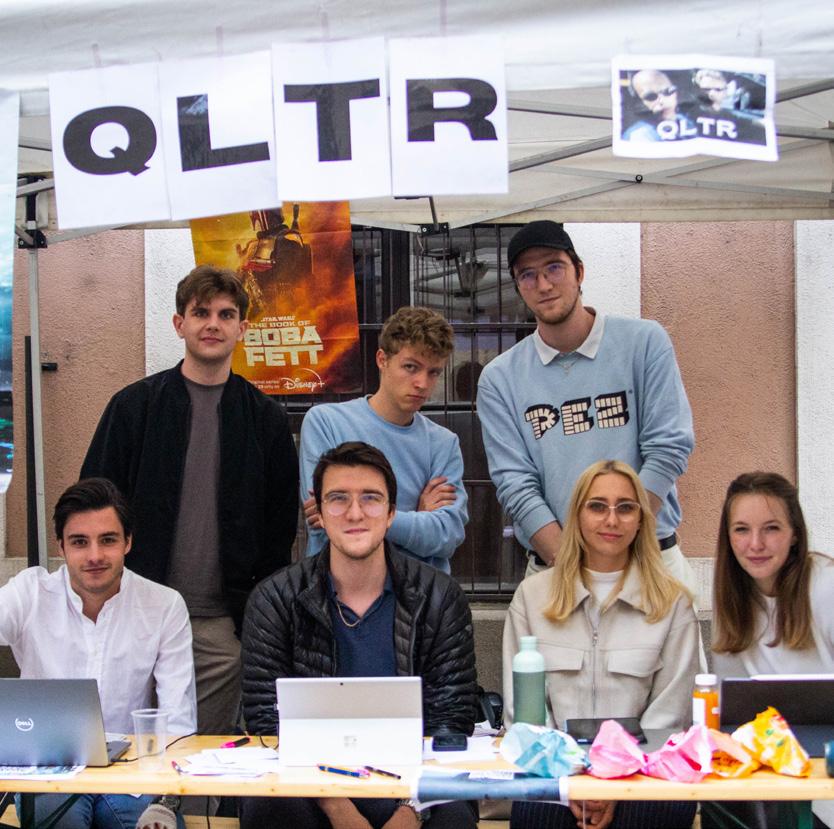
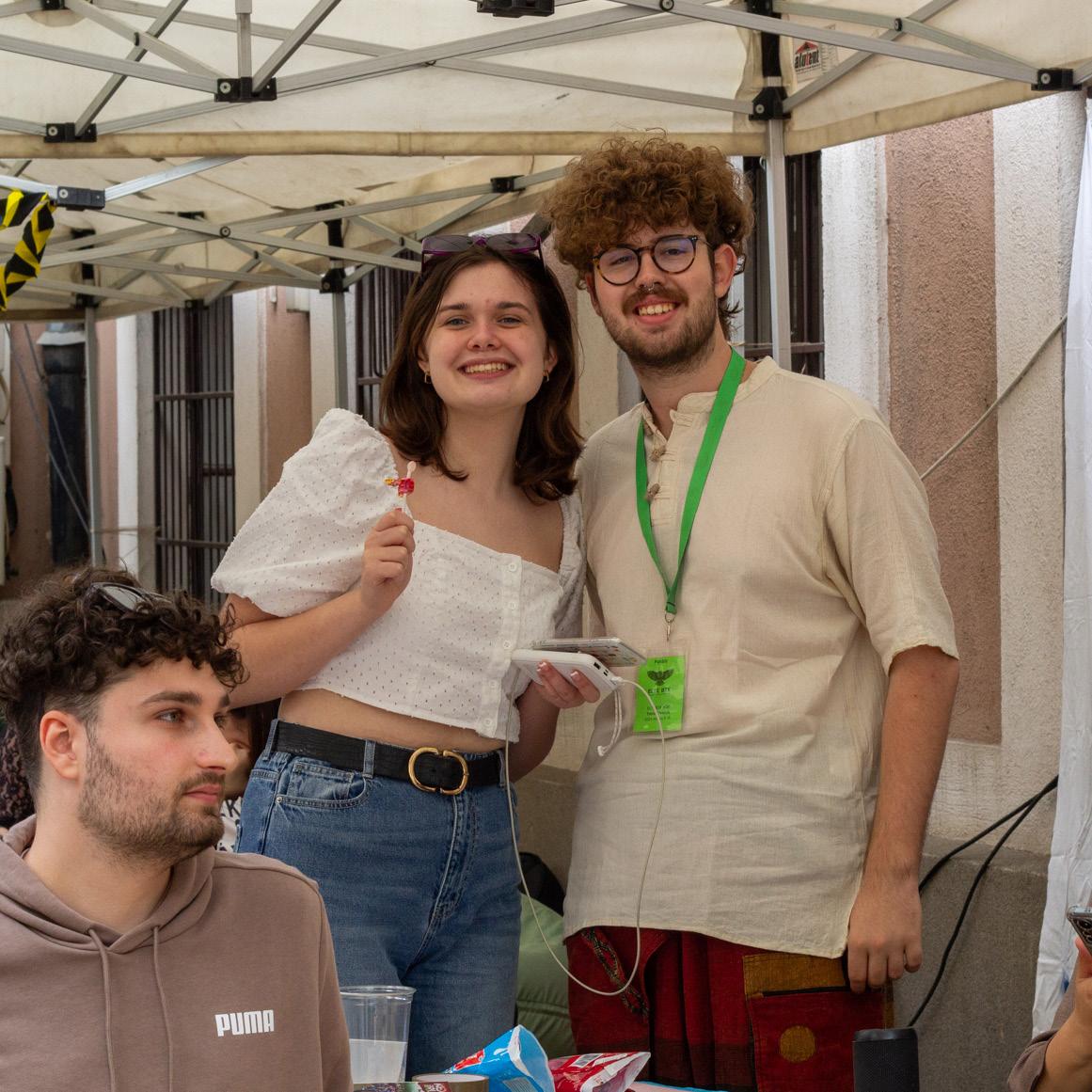
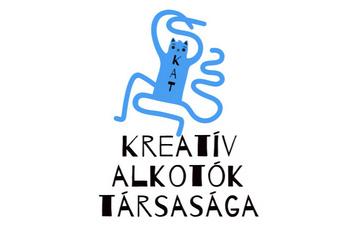
Drawing, painting, crafting: in short, everything that is creative. In addition to practicing visual arts and creating freely, the Society also emphasizes organizing workshops, visiting exhibitions, and – among their long-term plans – they also include summer camps, as well as participating in volunteer activities and competitions. If you’re interested, drop an e-mail message to pazs@student.elte.hu.
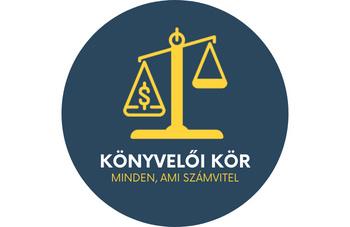
Our first Accounting I. lectures leave a deep impression on many of us: either because the world of financial reporting completely captivates us, or because we spend hours trying to understand it. If you belong to the former group, perhaps you would consider working in controlling or auditing in the future, this is the place for you! In addition to professional development, you can also book yourself some pleasant afternoons. The club’s contact (dragonyagabi@student.elte.hu) can give an account of further infos.
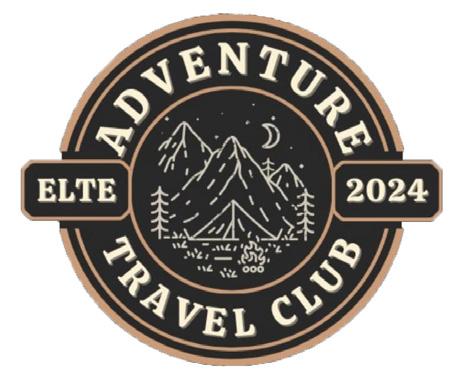
Do you want to make the most of your months spent on Erasmus and explore other European countries besides Hungary? The ATC offers you the chance of a lifetime of experiences, while not breaking the bank, as the trips are tailored to fit a student budget. Check off items from your bucket list with new travel buddies! On top of that, each trip concludes with a „travel-end” party where shared kilometers are replaced by shared relaxation. To start your adventure, send an e-mail to vbencestart@student.elte.hu.

From now on, movie lovers will surely have company for going to the cinema, watching movies together, and having meaningful conversations. The Club is waiting for students who would like to learn more about the world of cinema in an open-minded group. In addition to monthly film screenings and workshops, they are also planning pub nights and parties. Get a behind the scenes look at the Film Club on their Instagram page (@qltr_filmklub) or get some more details on the e-mail address peti0@student.elte.hu.
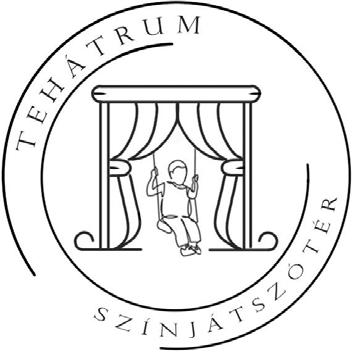
Would you like to do some drama, but in a slightly different way? The selforganized drama group of ELTE is waiting for you, where you can creatively express yourself - while also developing your cooperative and communication skills! If you want to get a glimpse into the daily life of the company, you can find them on Instagram (@tehatrum.szinjatszoter), and can also get in touch with them on the e-mail address pappo2001@student.elte.hu.
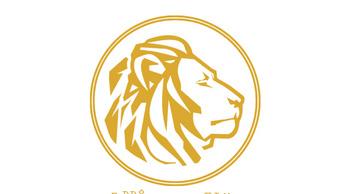
“If you run your own business, or if you would like to…” - reads the introduction of Alliance. The community connects entrepreneurialminded young people who want to learn all the ins and outs of starting and running a company - all through various workshops or by sharing their own experiences. Take the first step and contact siege@student.elte.hu e-mail address.
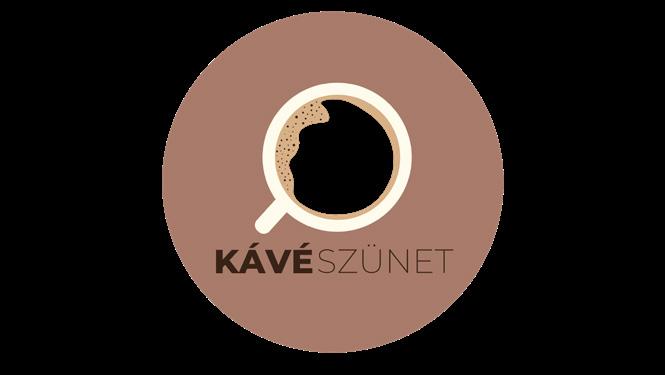
As a uni student, coffee can often help you get through the day after a long night of studying or partying… However, if you drink the black beverage not just for this reason, then take a coffee break with the Coffee Break Group! Members discover the best coffee shops week after week, while chatting and evaluating the delicious drinks. A must for coffee culture lovers! Contact e-mail address ovivi03@ student.elte.hu to spill more information!
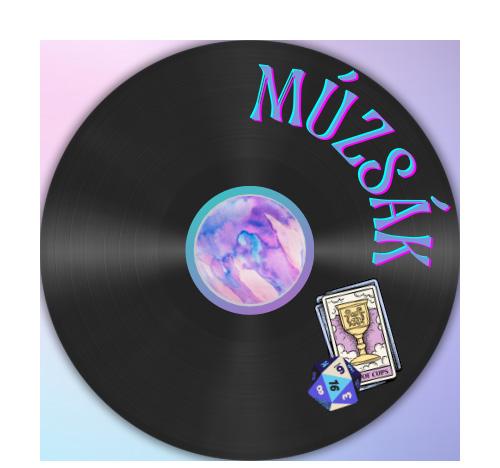
Discussions on issues that affect us all, through song lyrics that define our society, combined with creative, topic-related games. If you want to meet new people as a member of a great community, tackle exciting questions, or just play board games, then the group warmly welcomes you to its monthly gatherings. To become a Muse, enquire at the following address: szepessya@student.elte.hu
To apply, send a motivation letter with your name and Neptun code to the following two e-mail addresses: the contact e-mail address of the respective university group and to gazdasagi@gtkhok.elte.hu!
